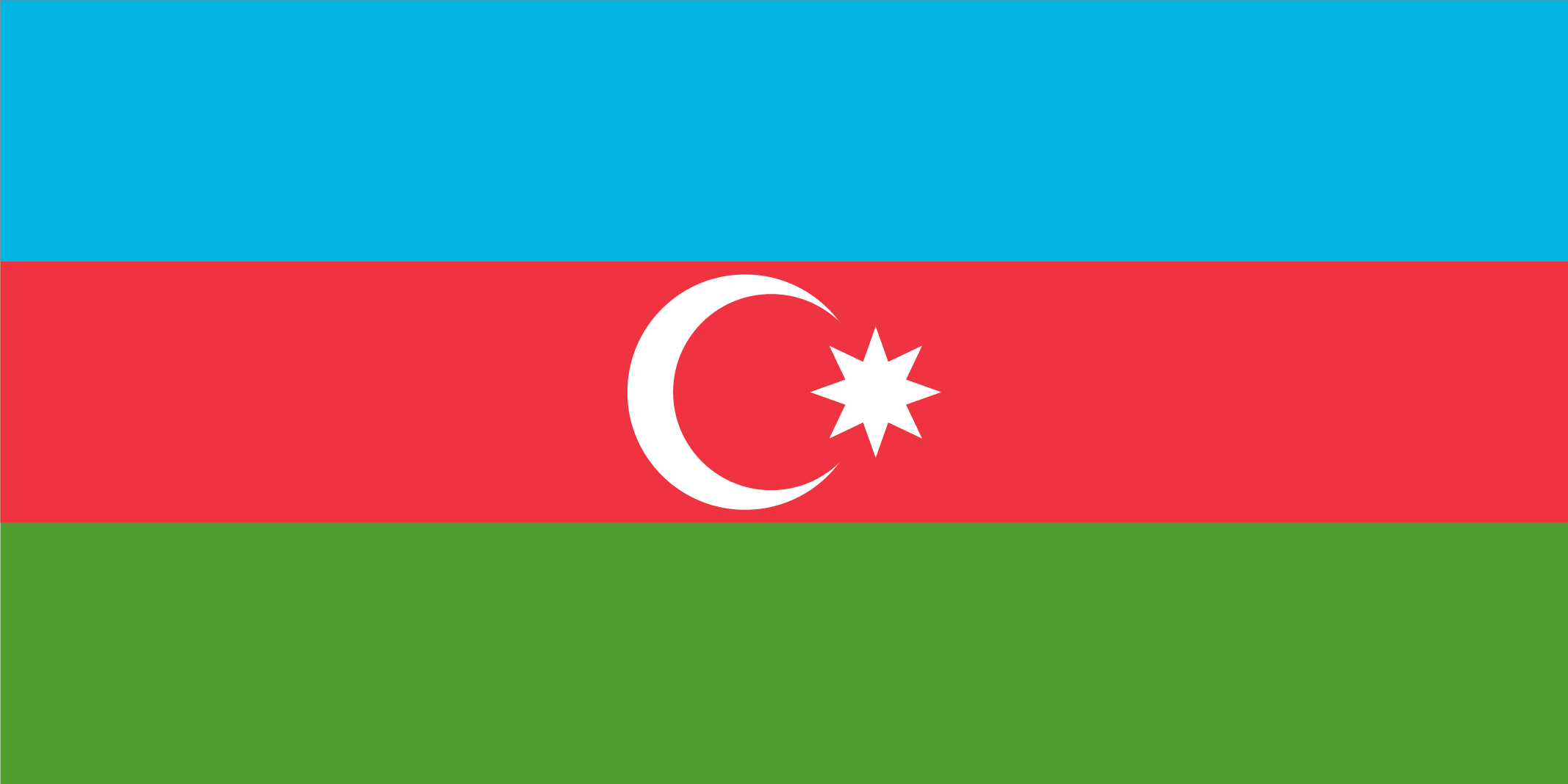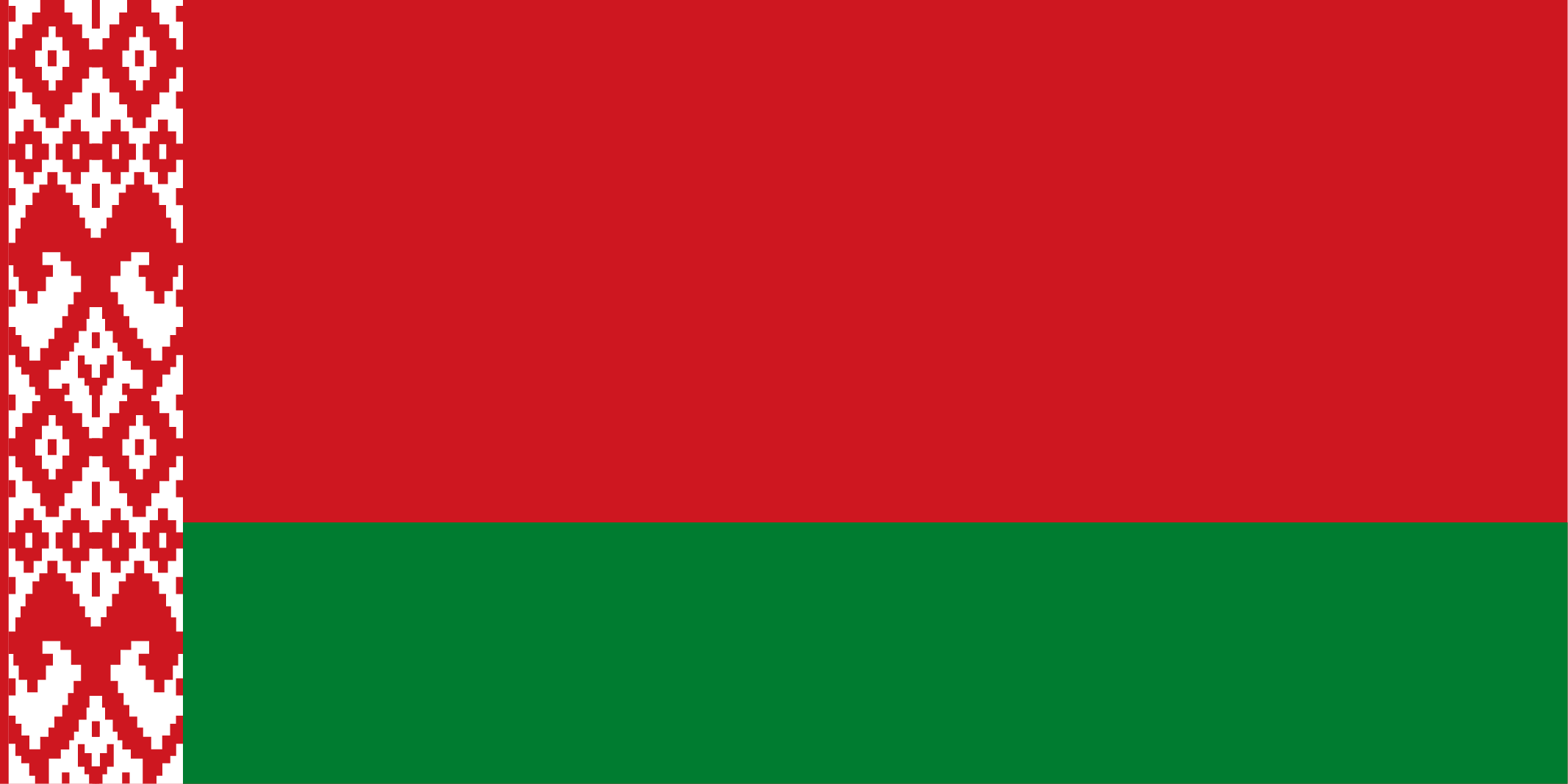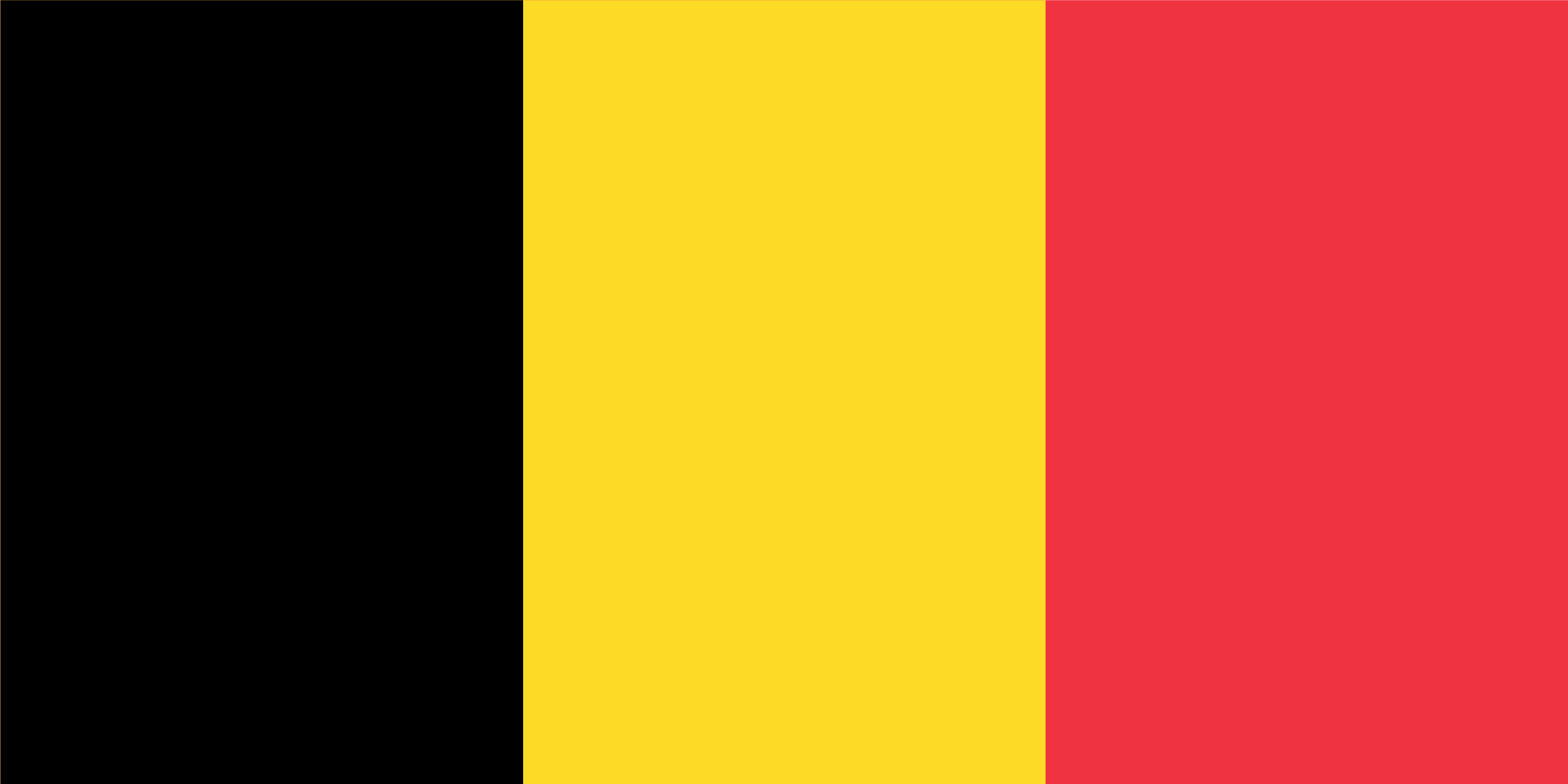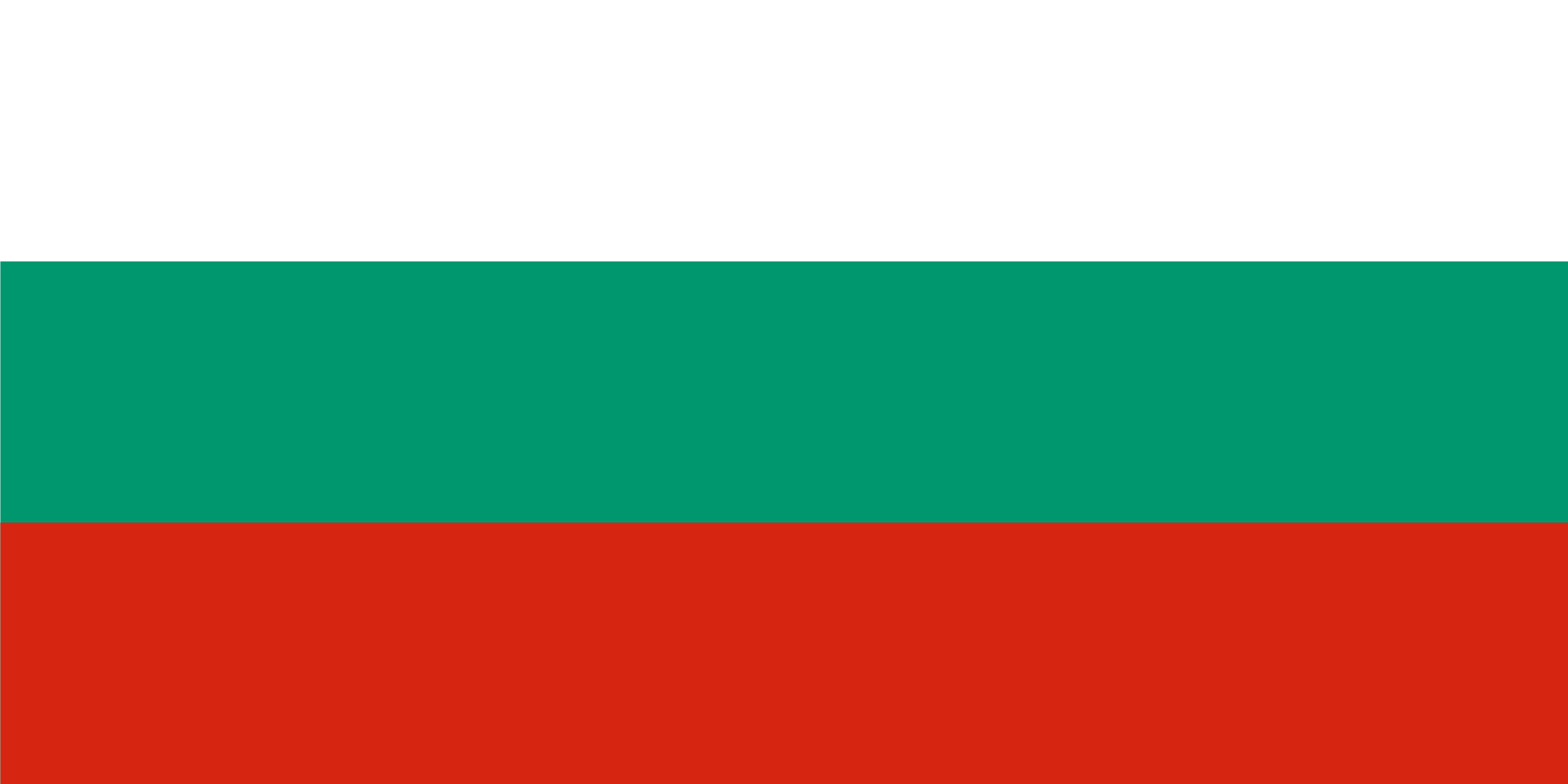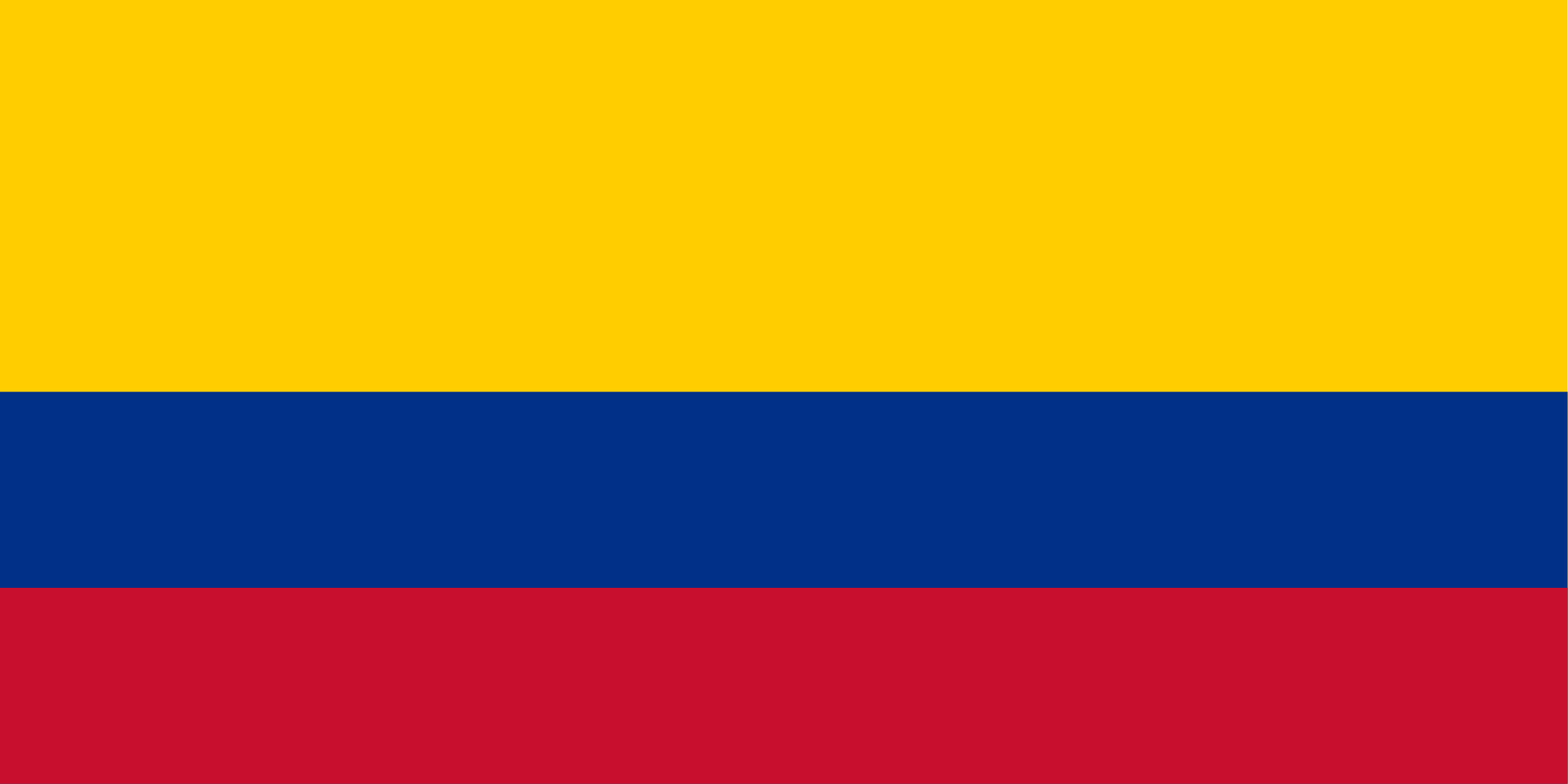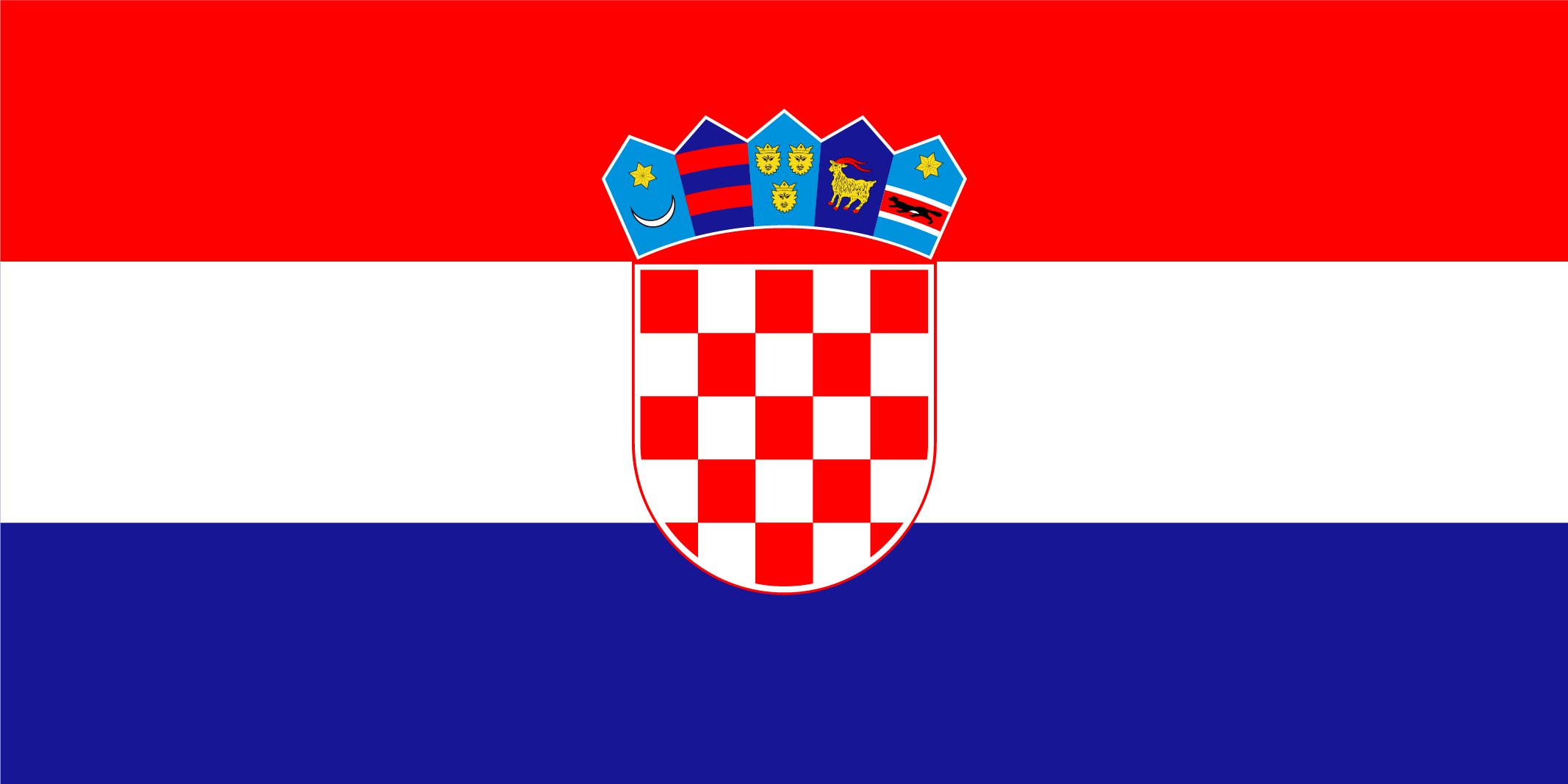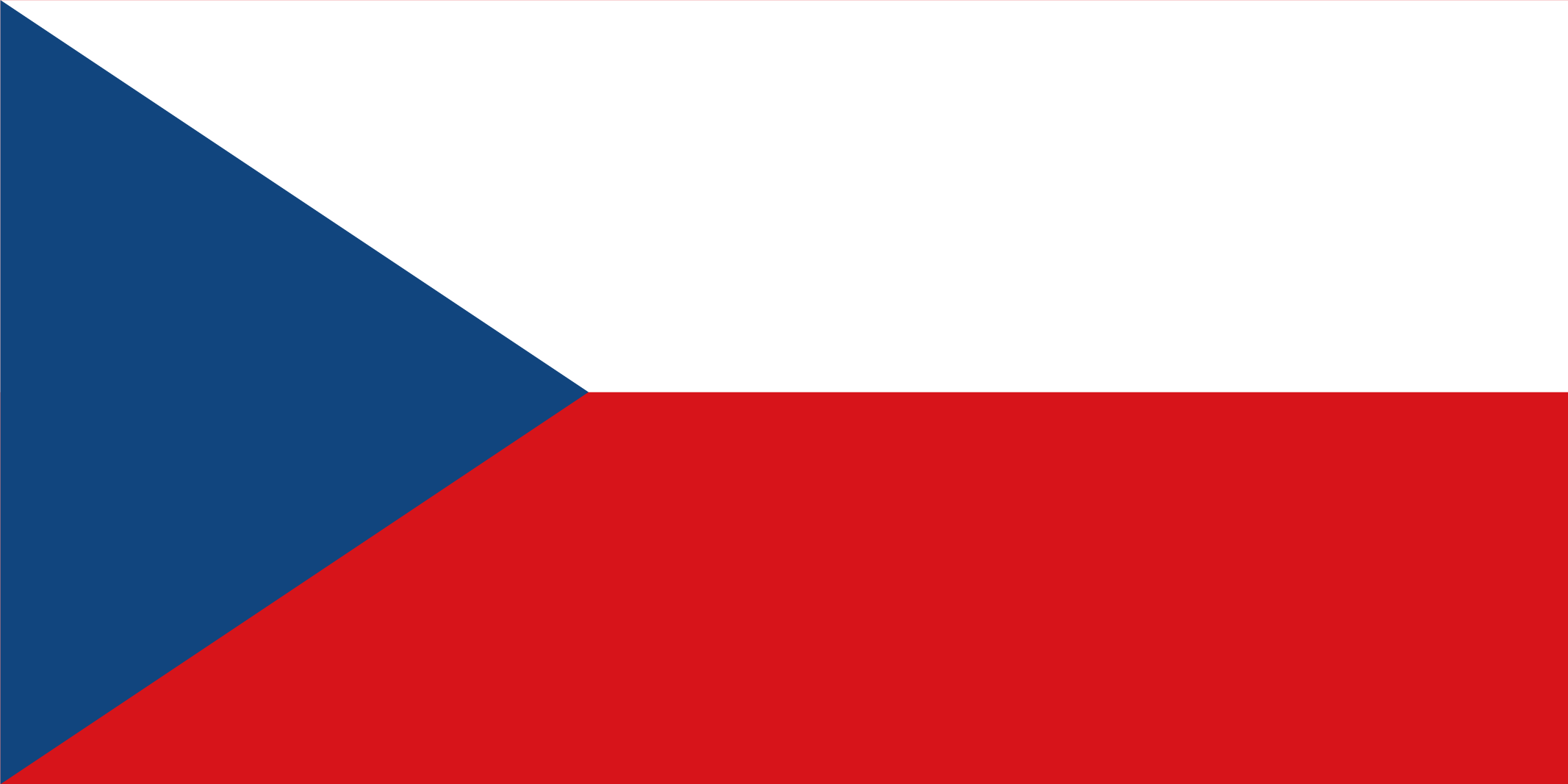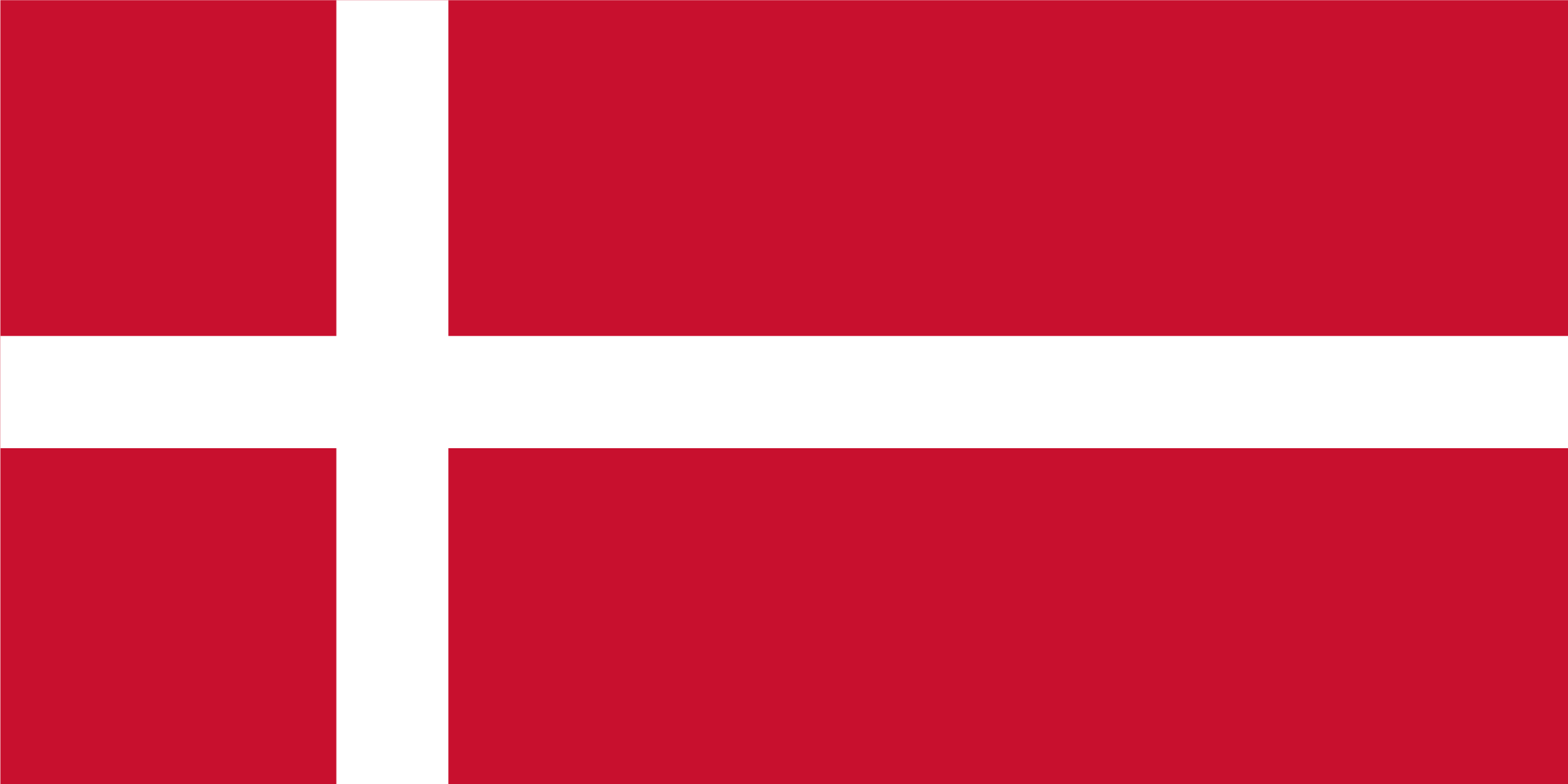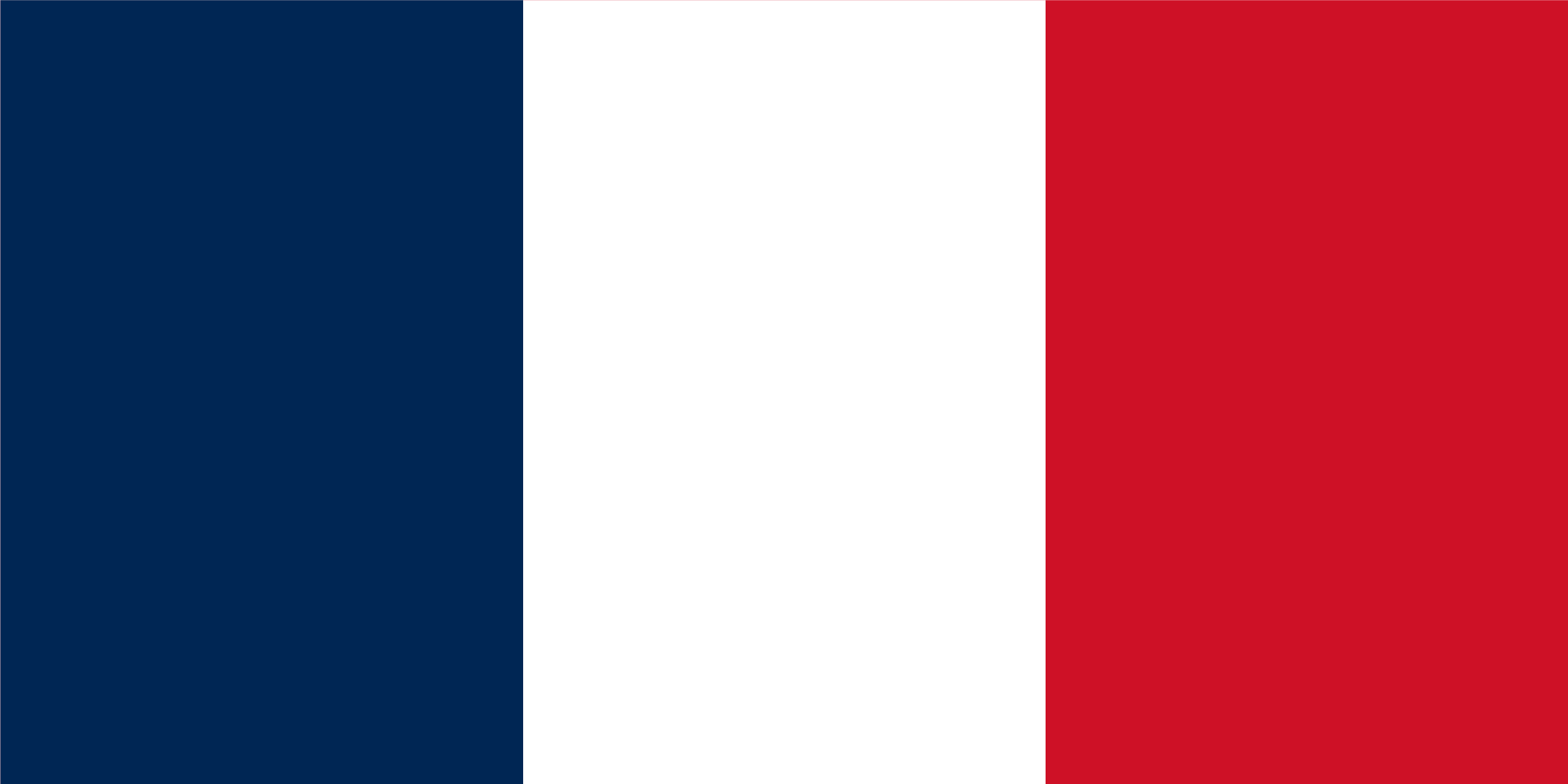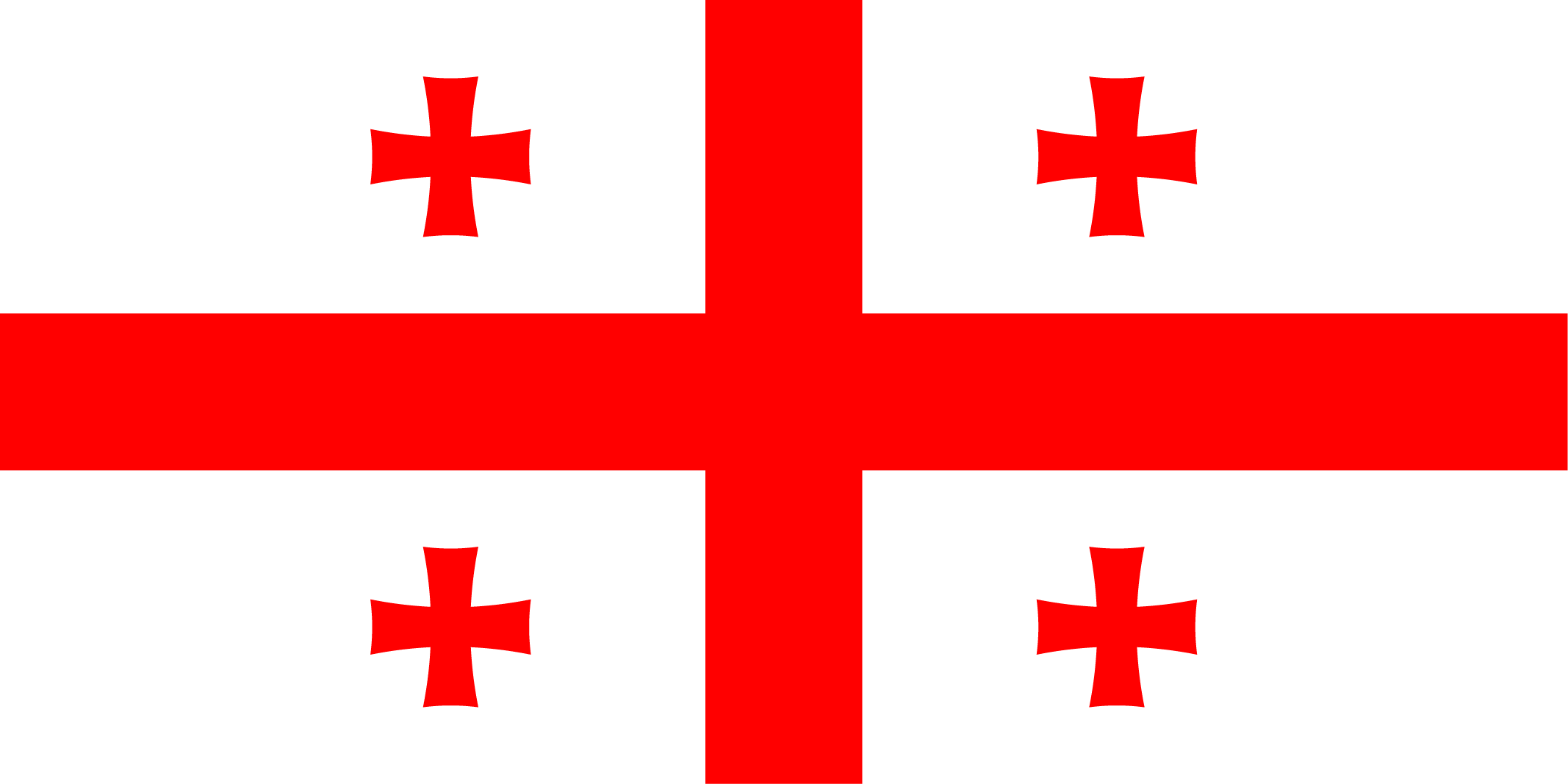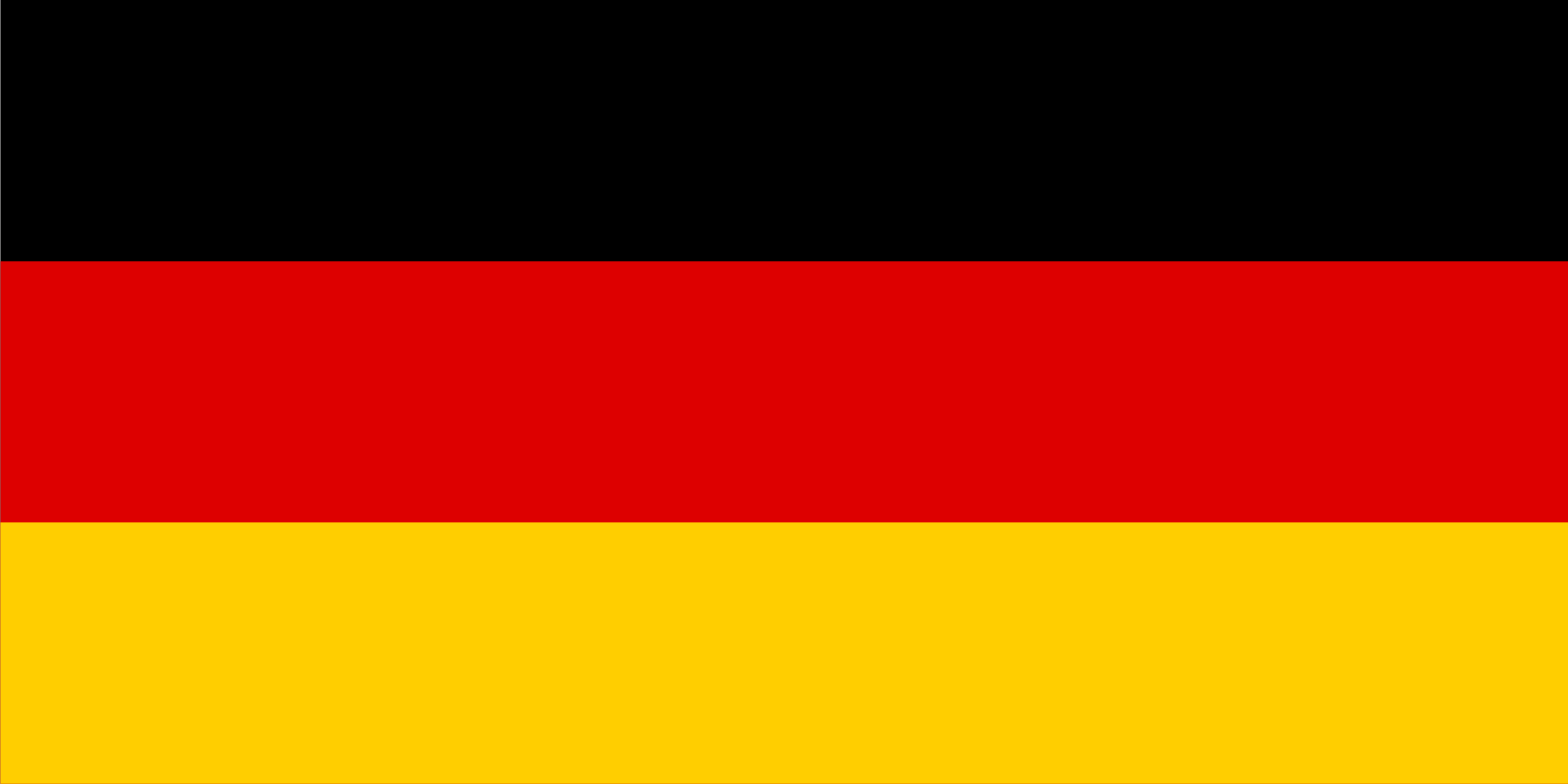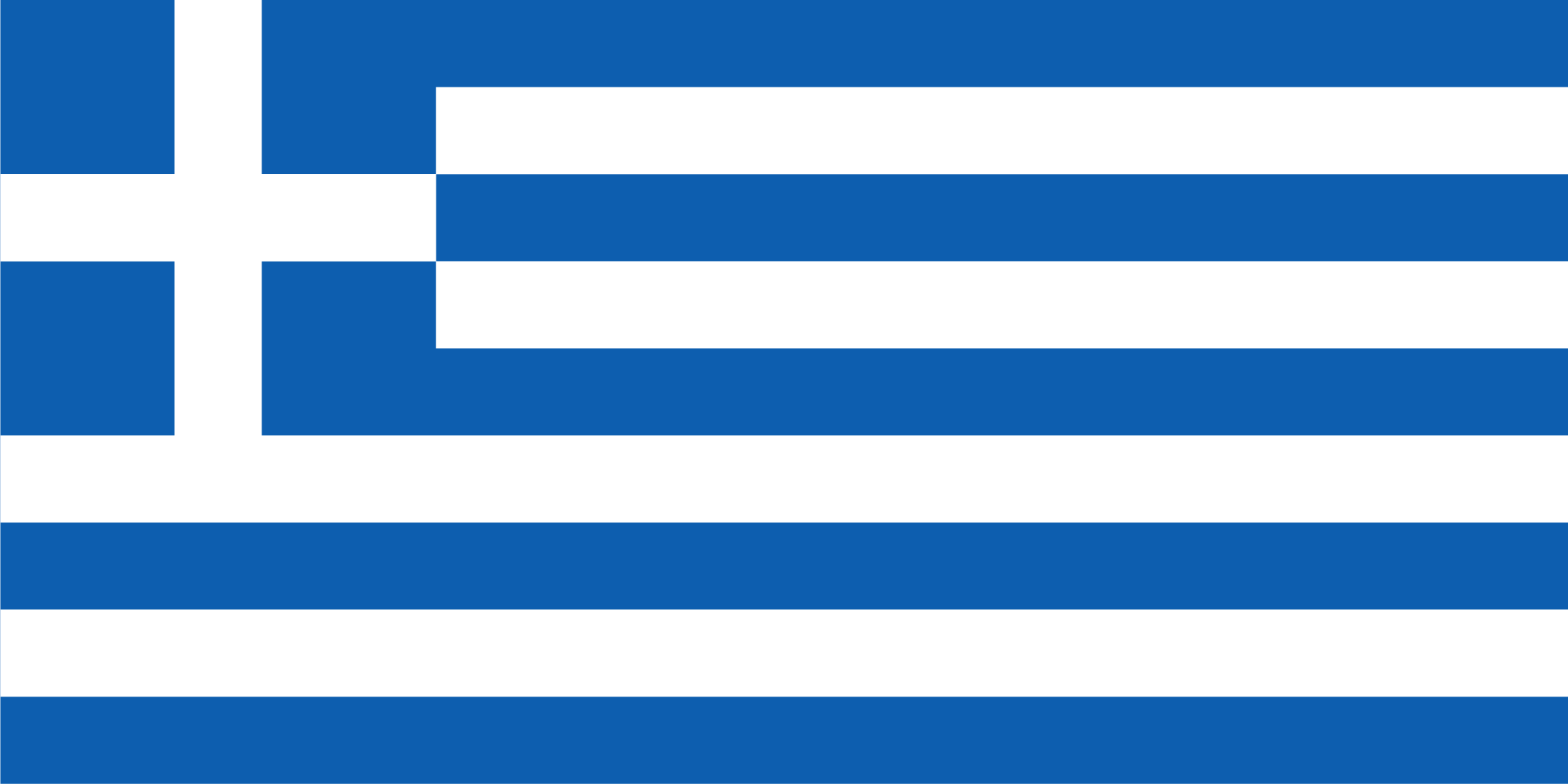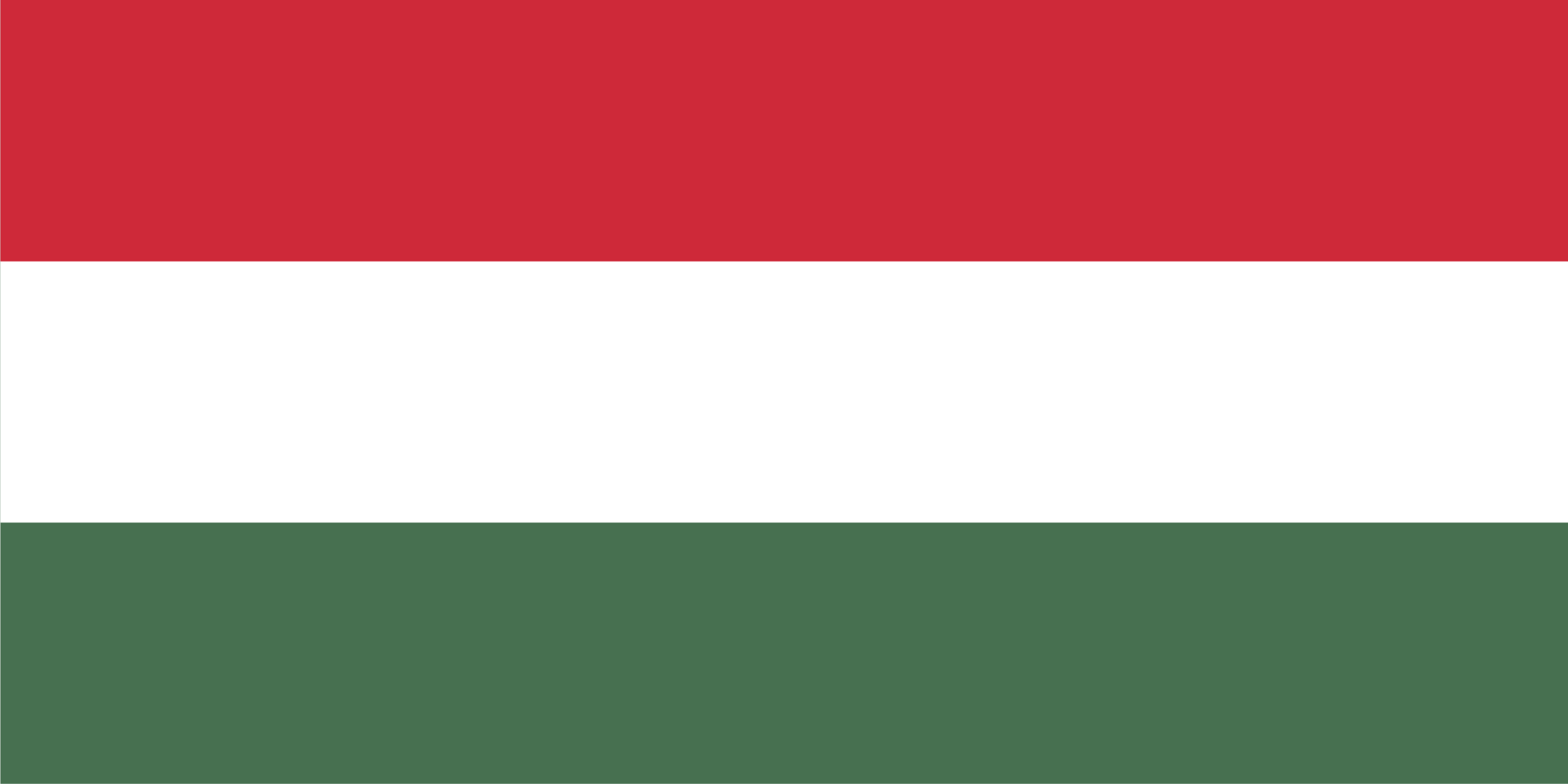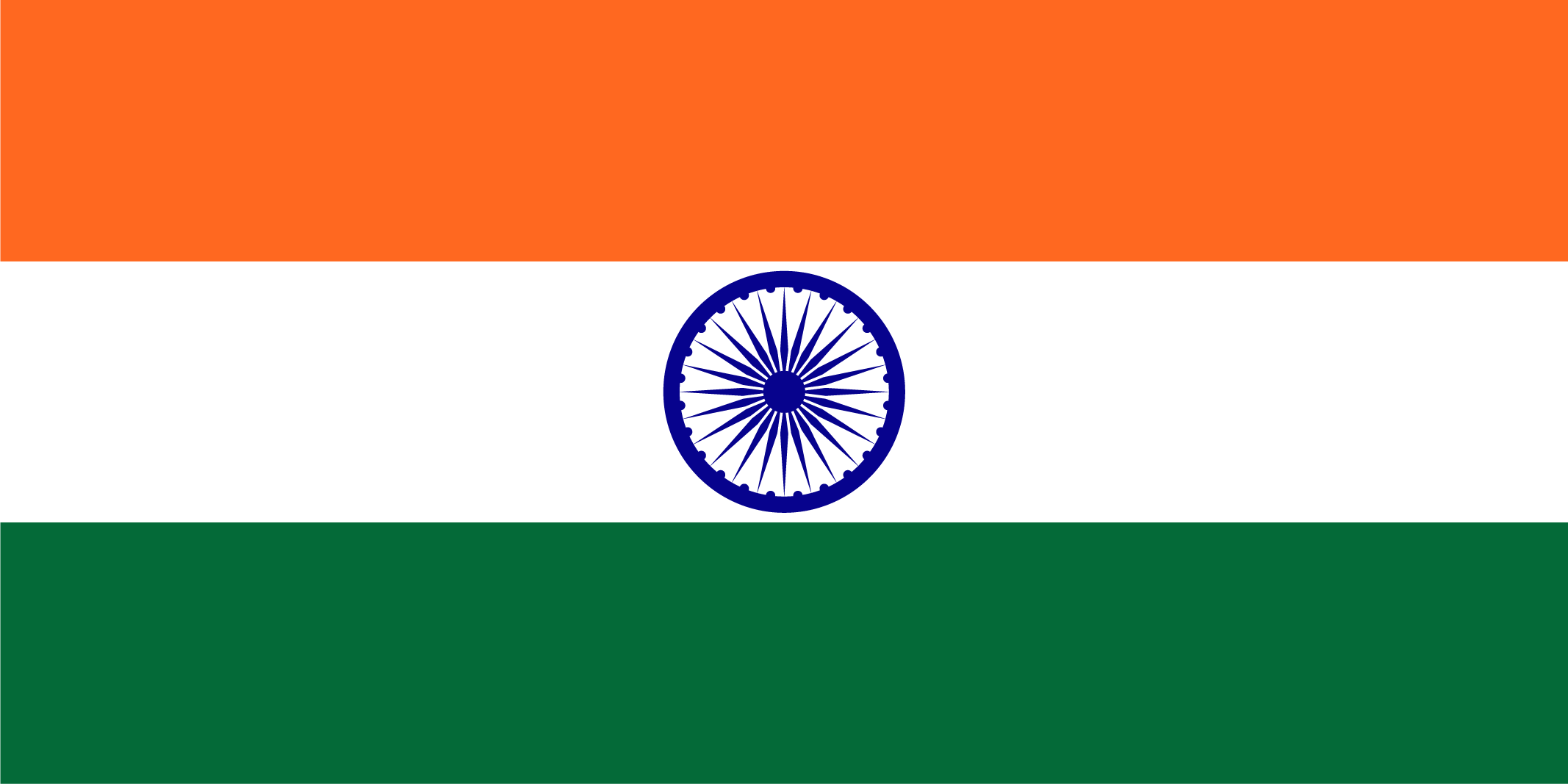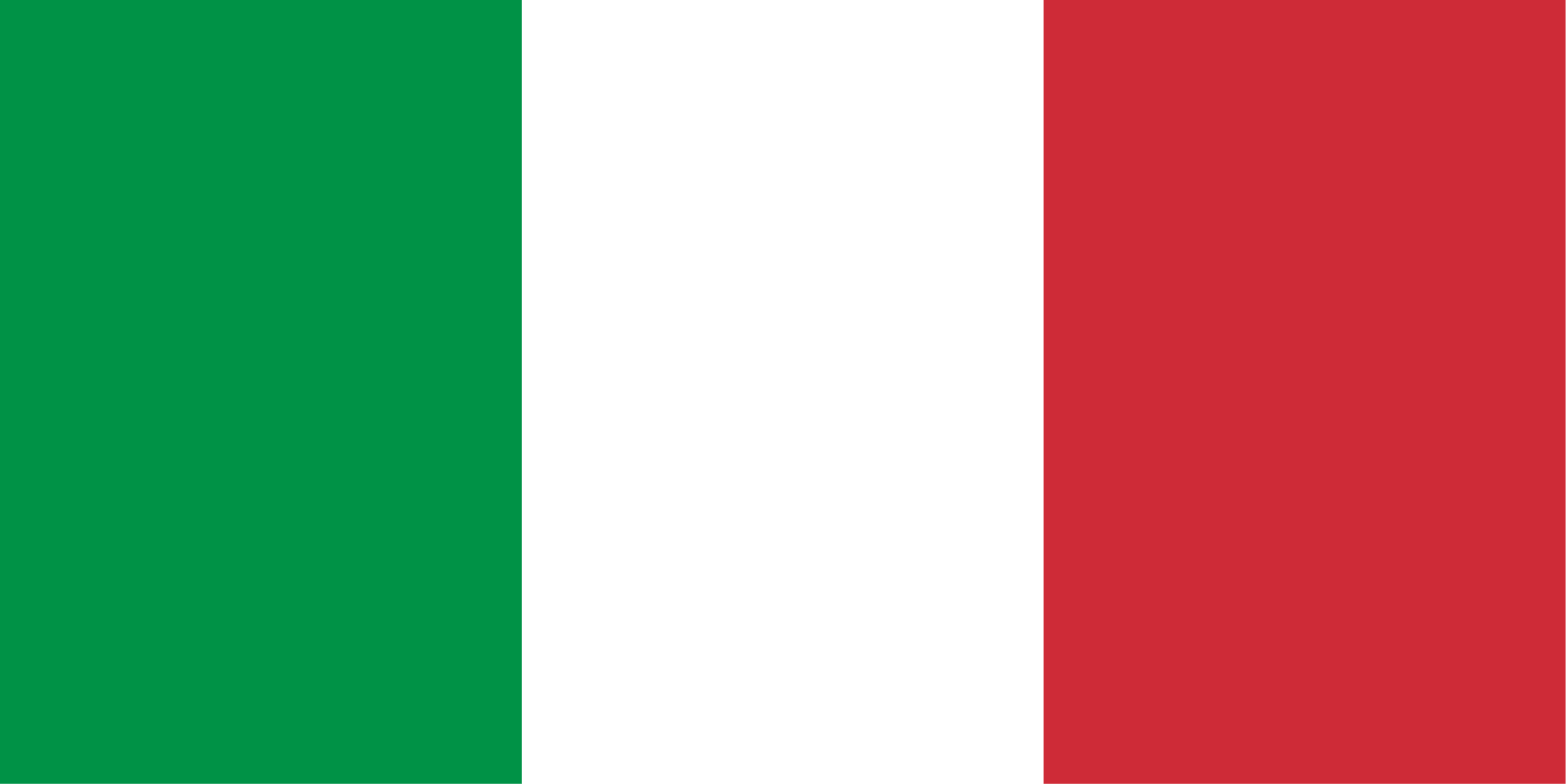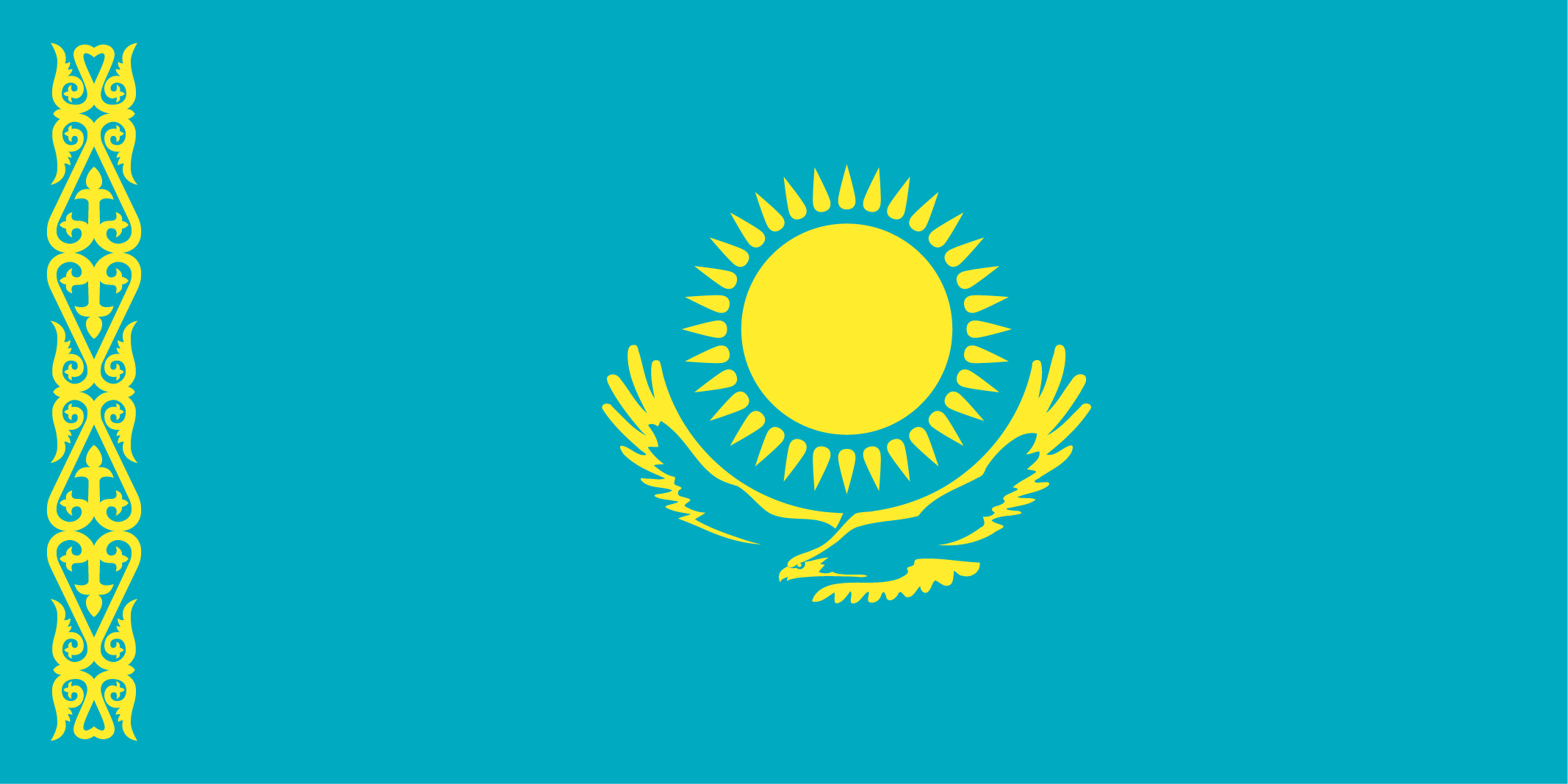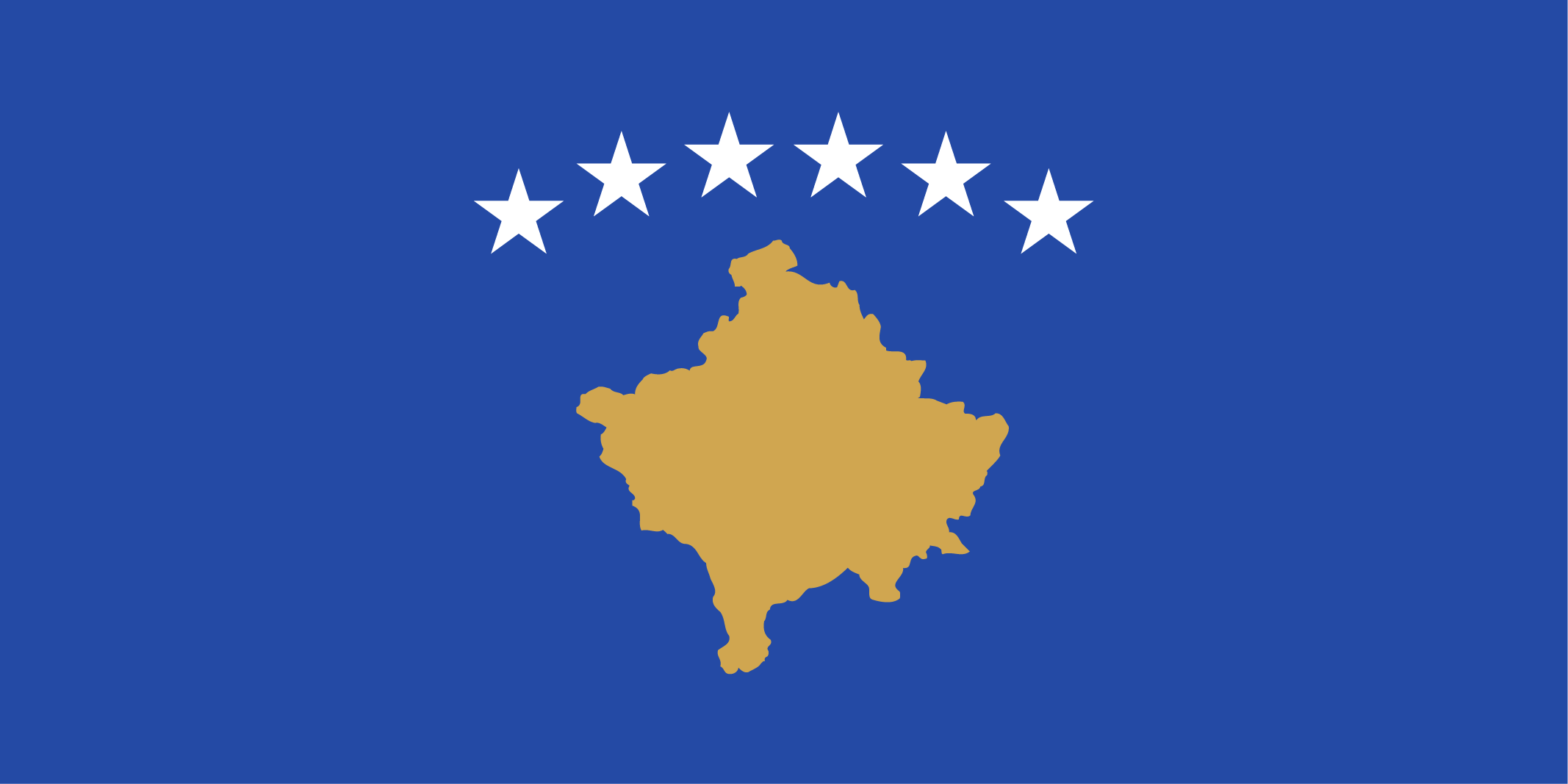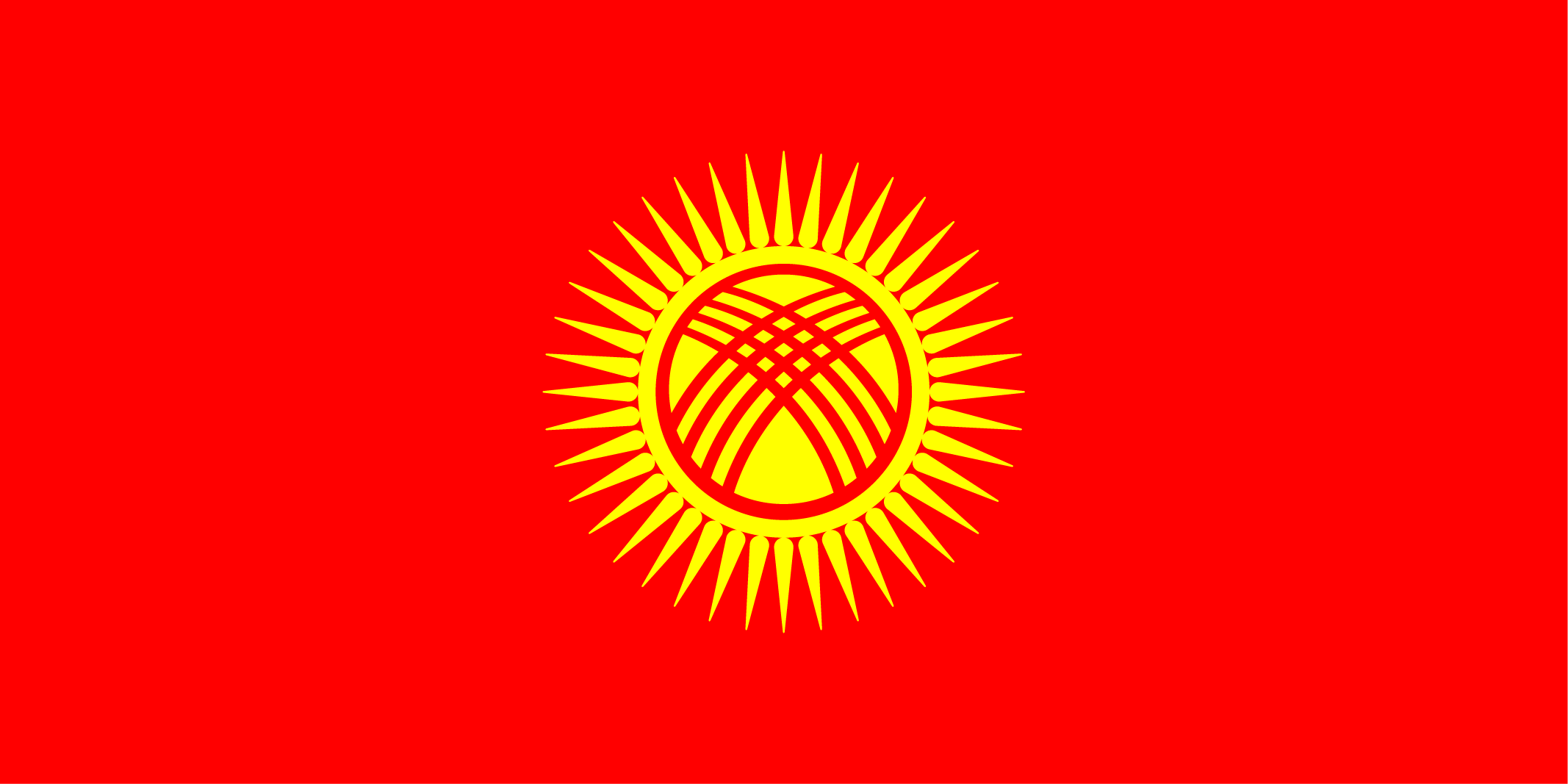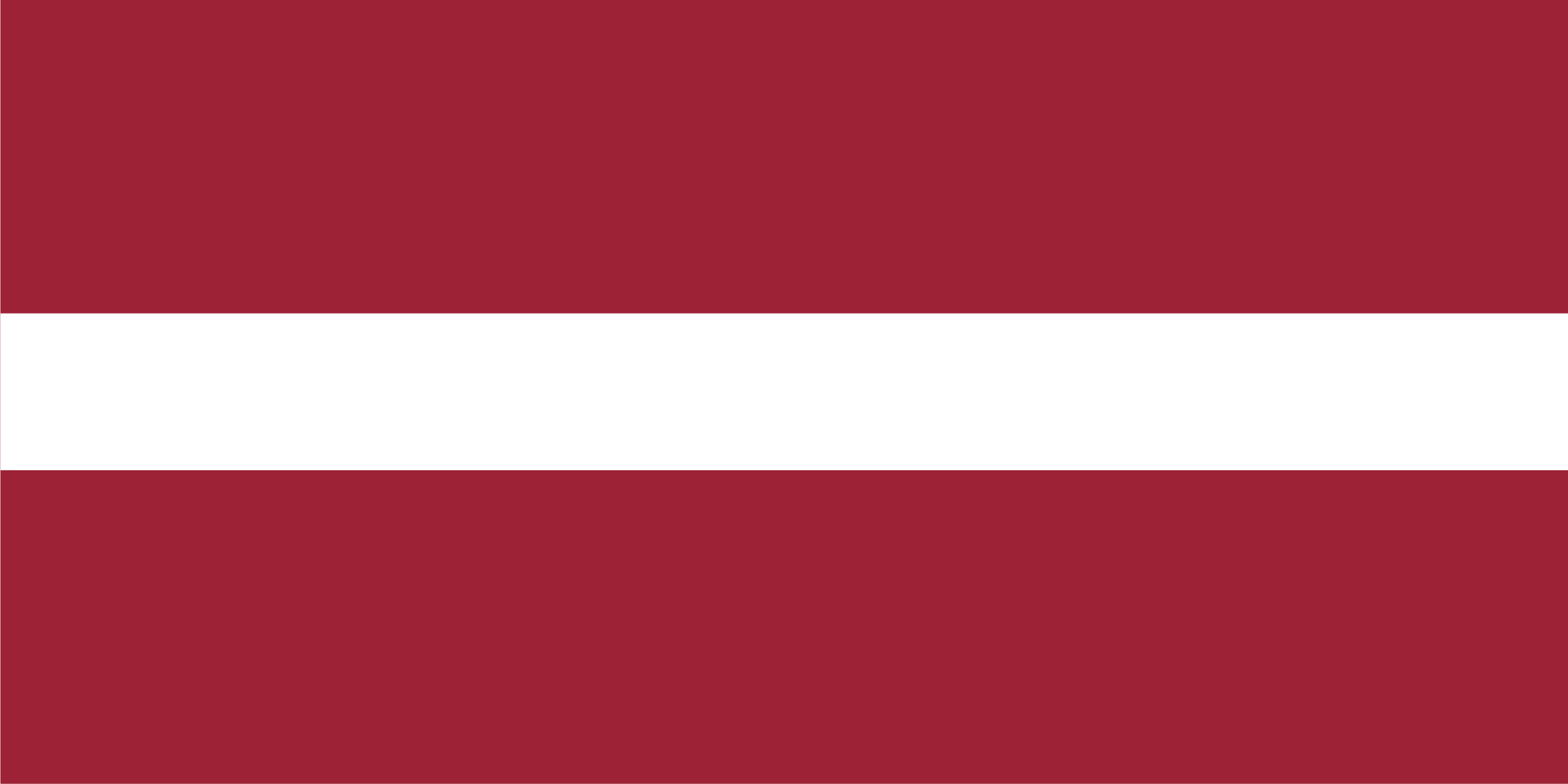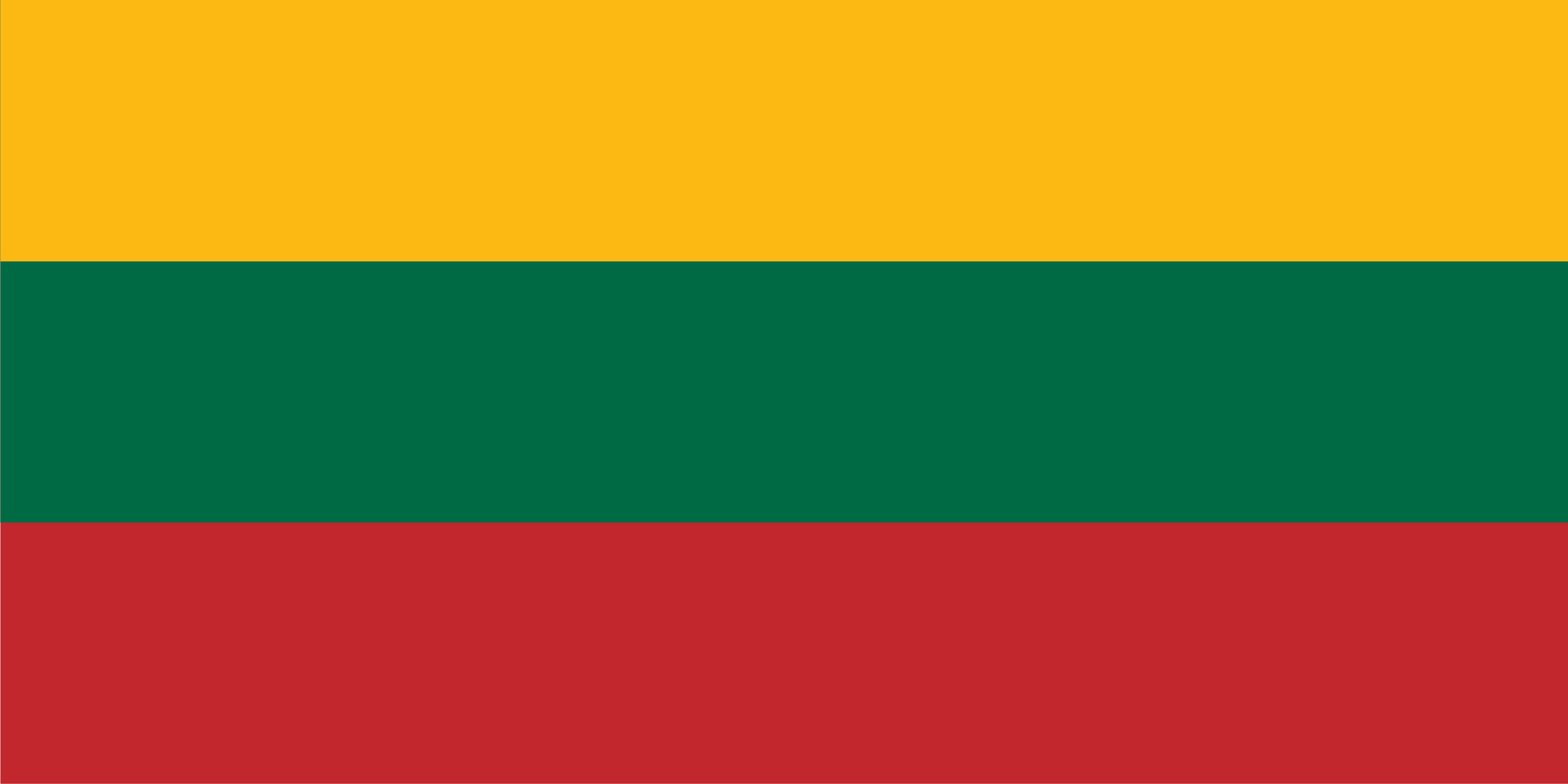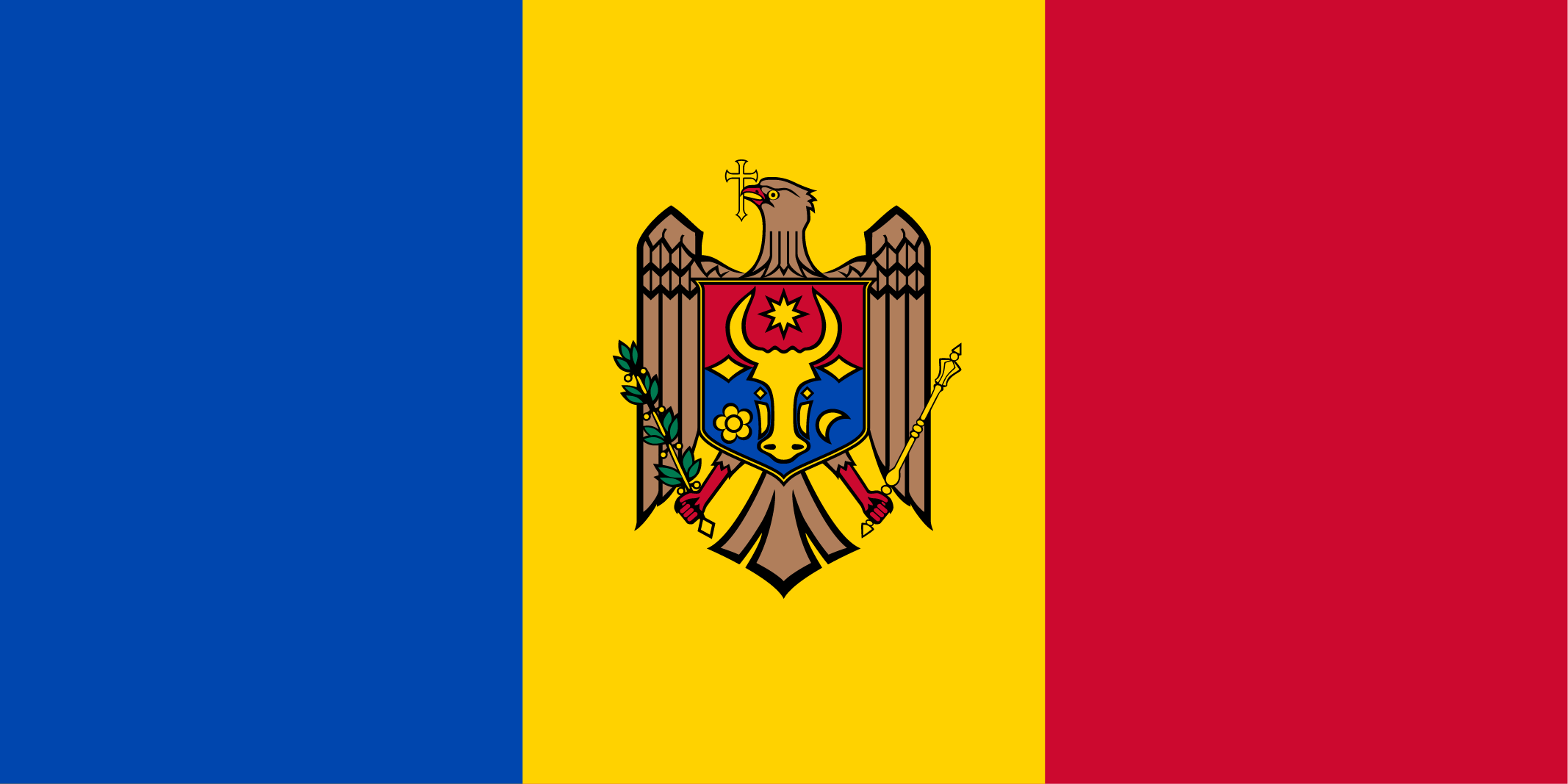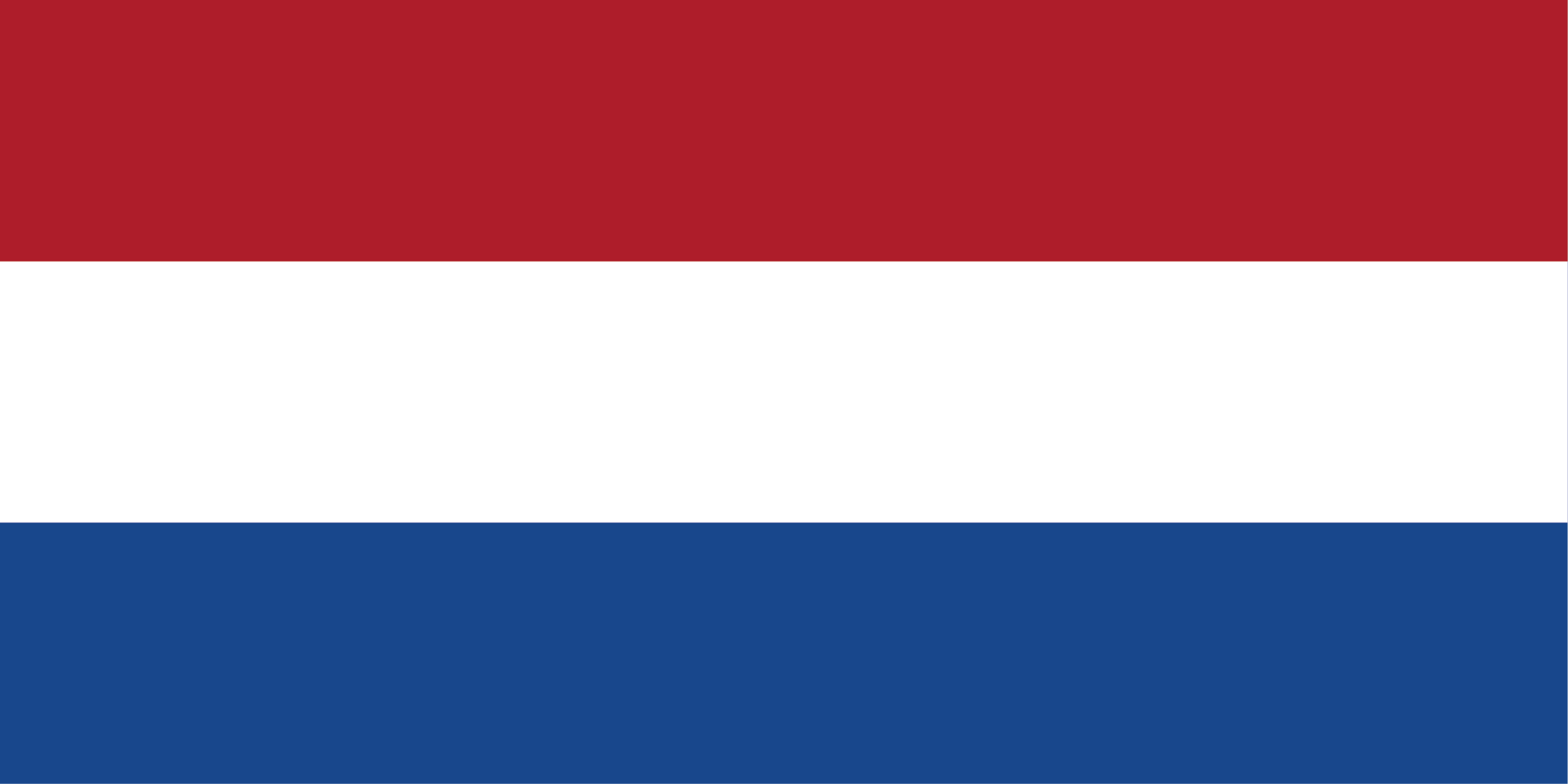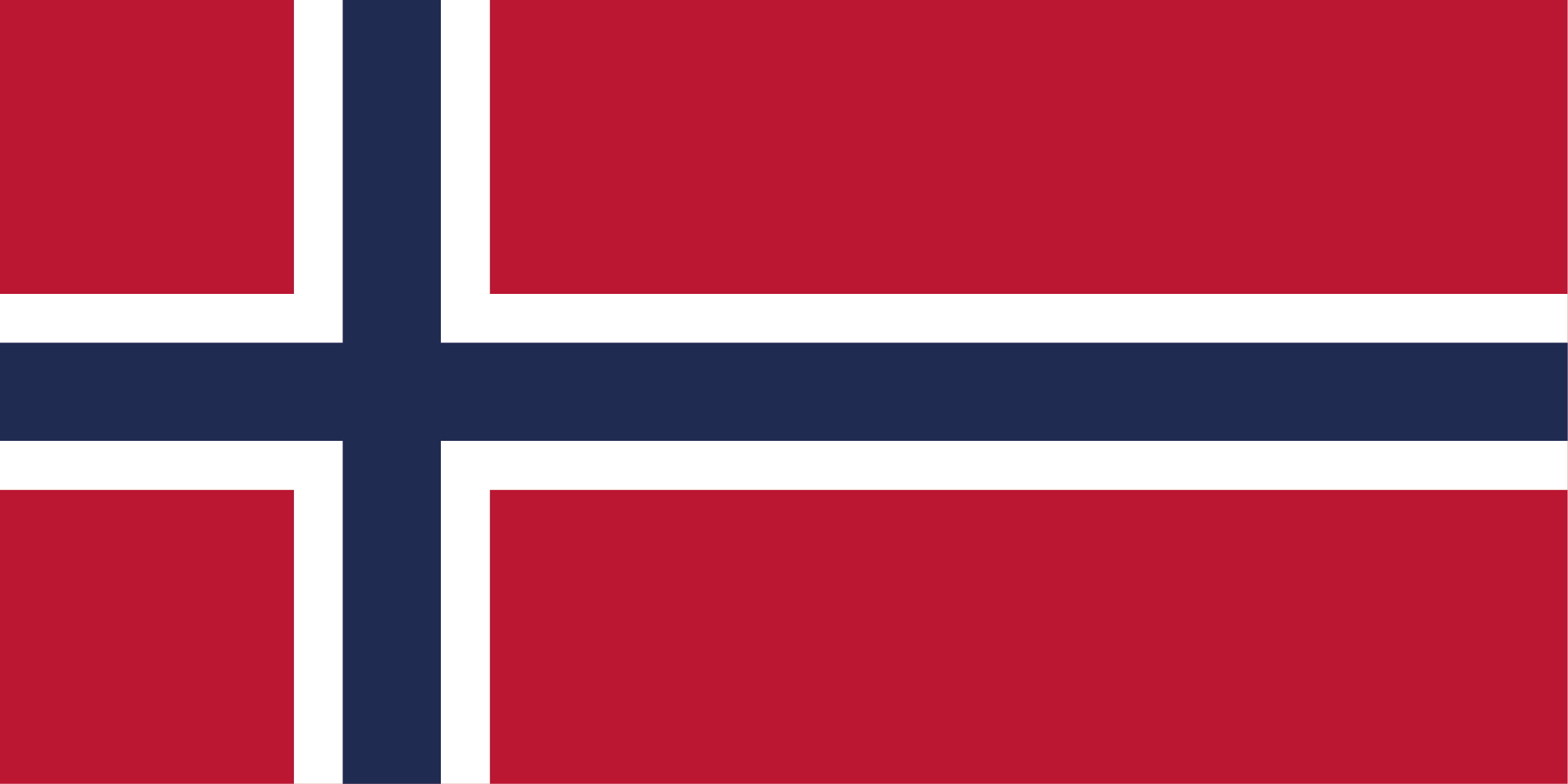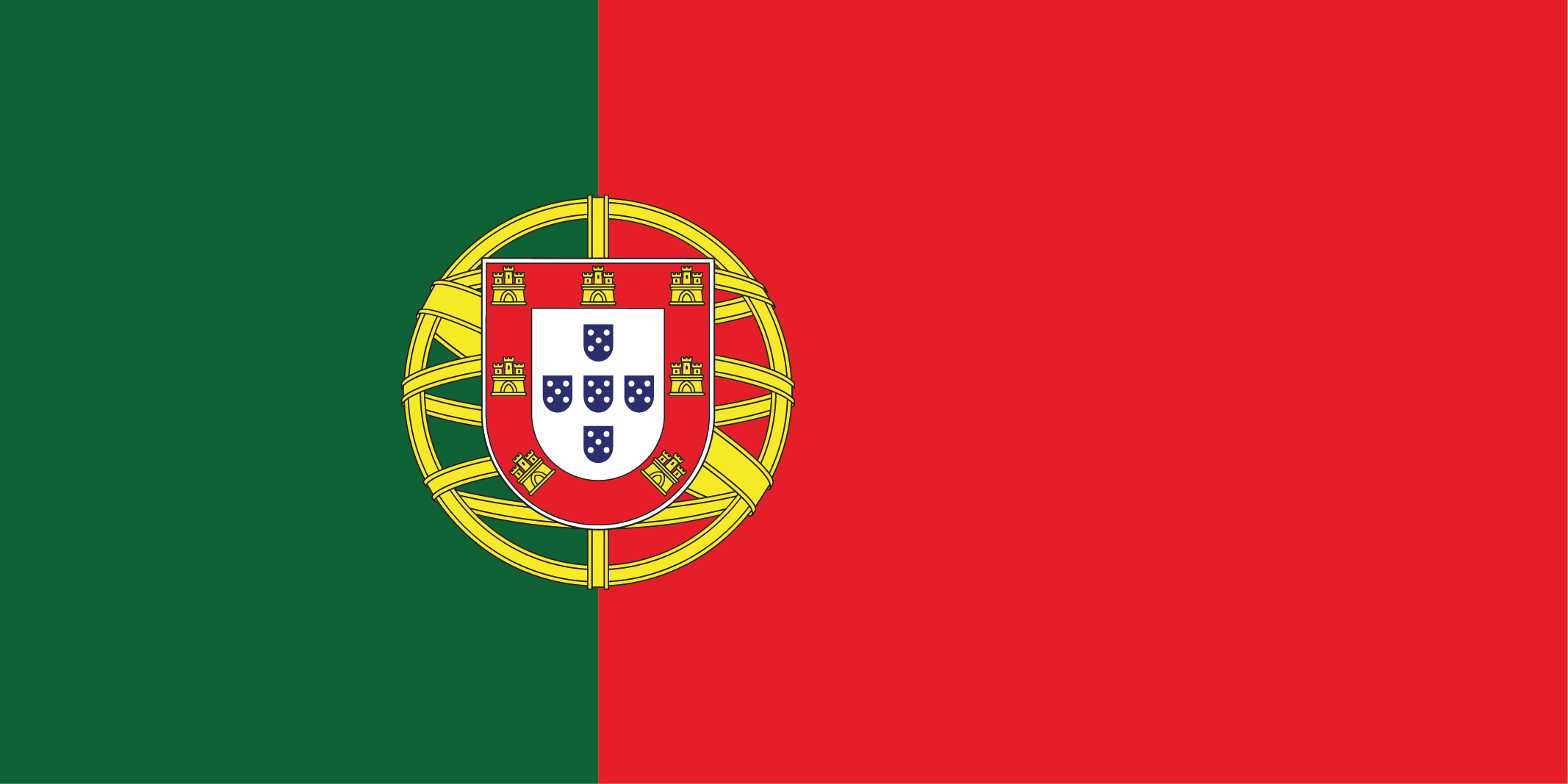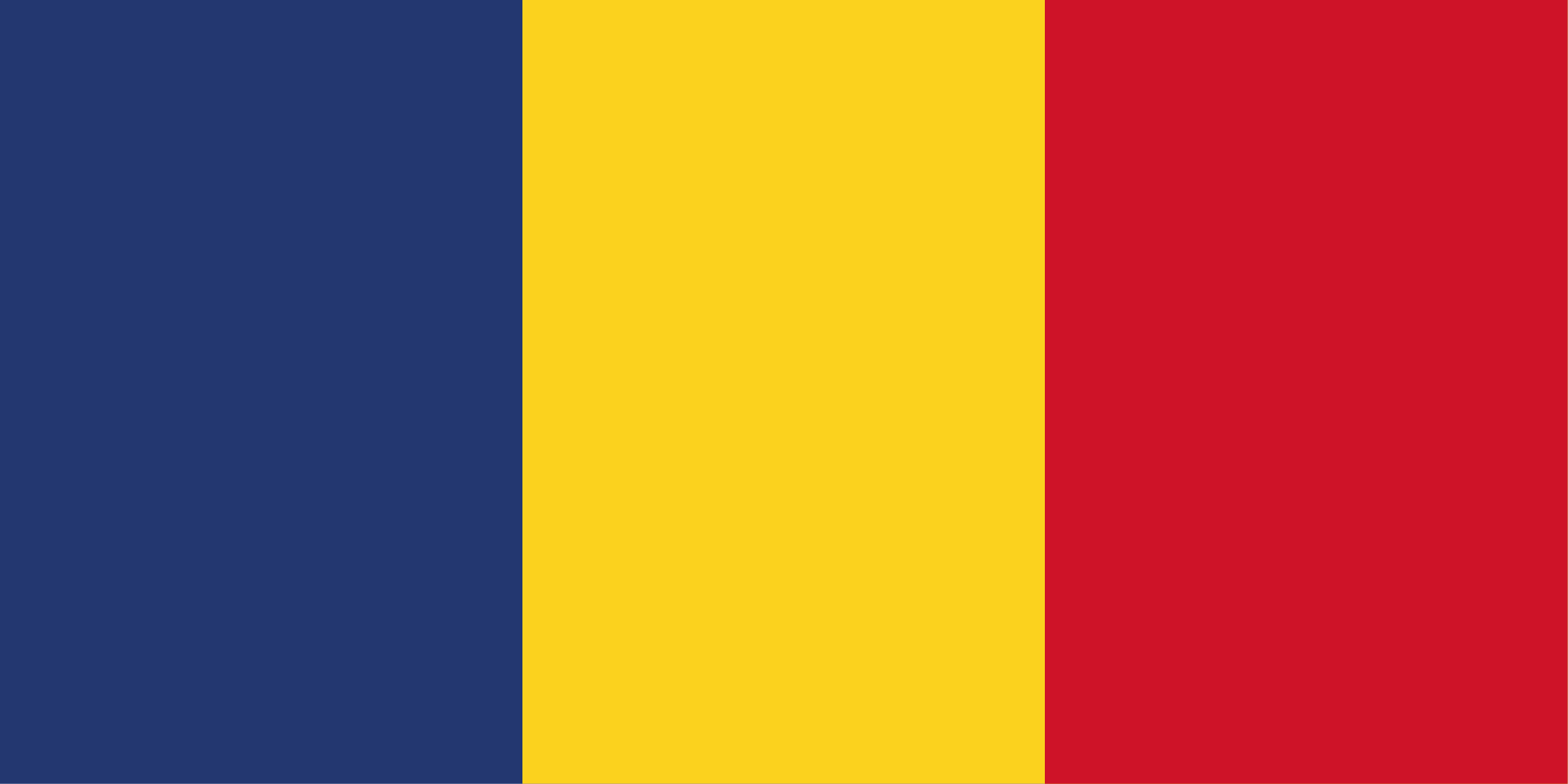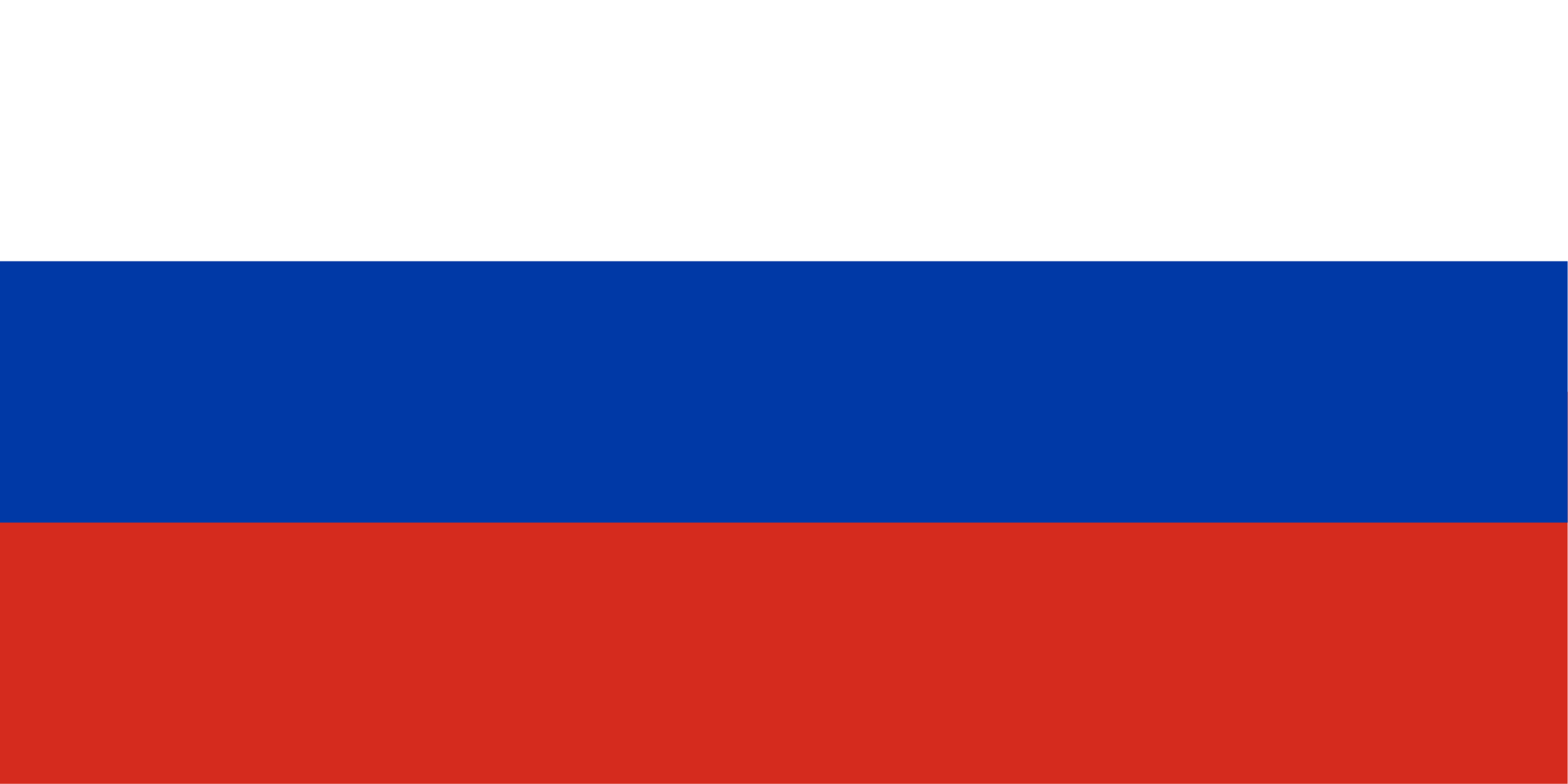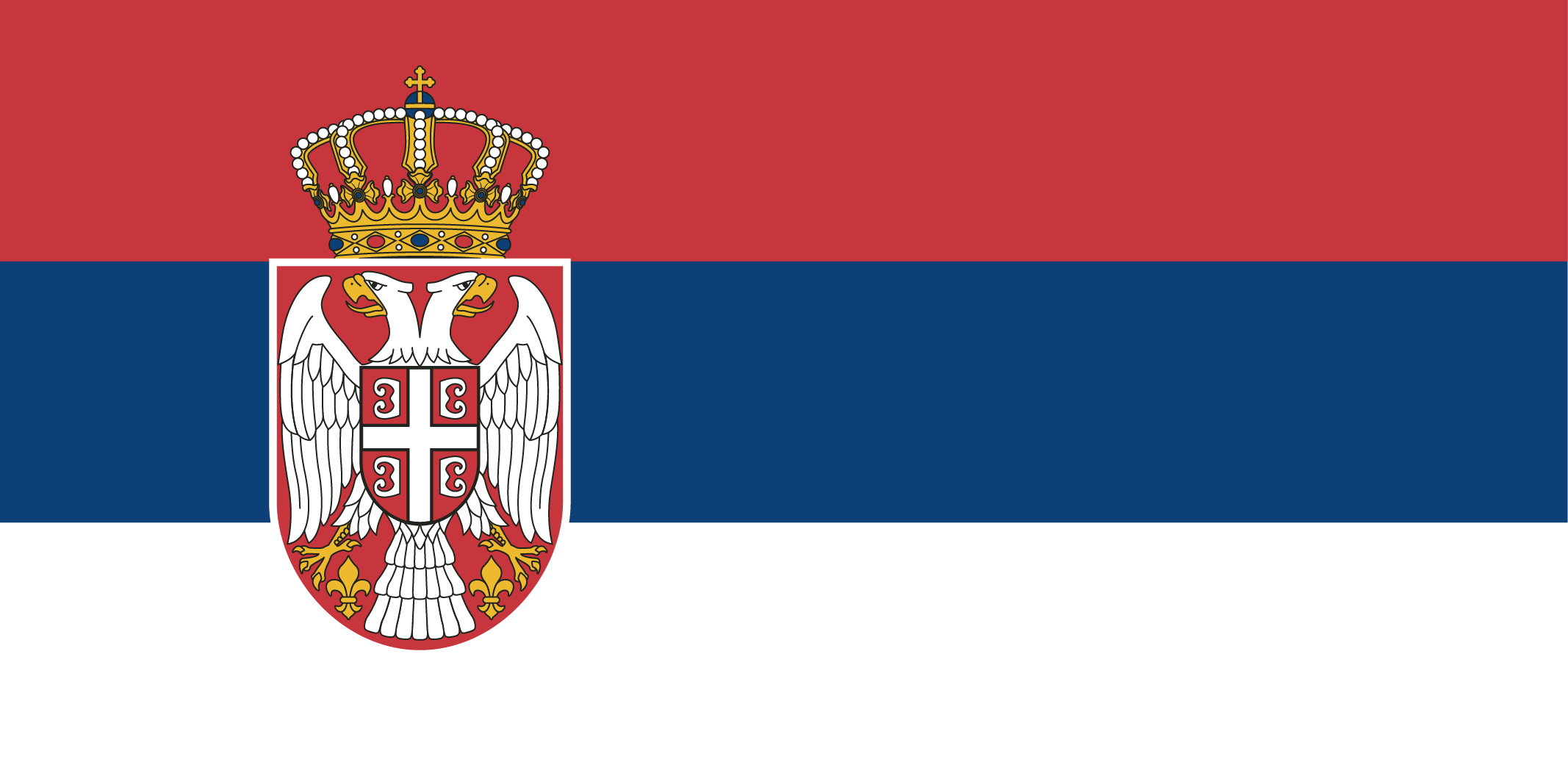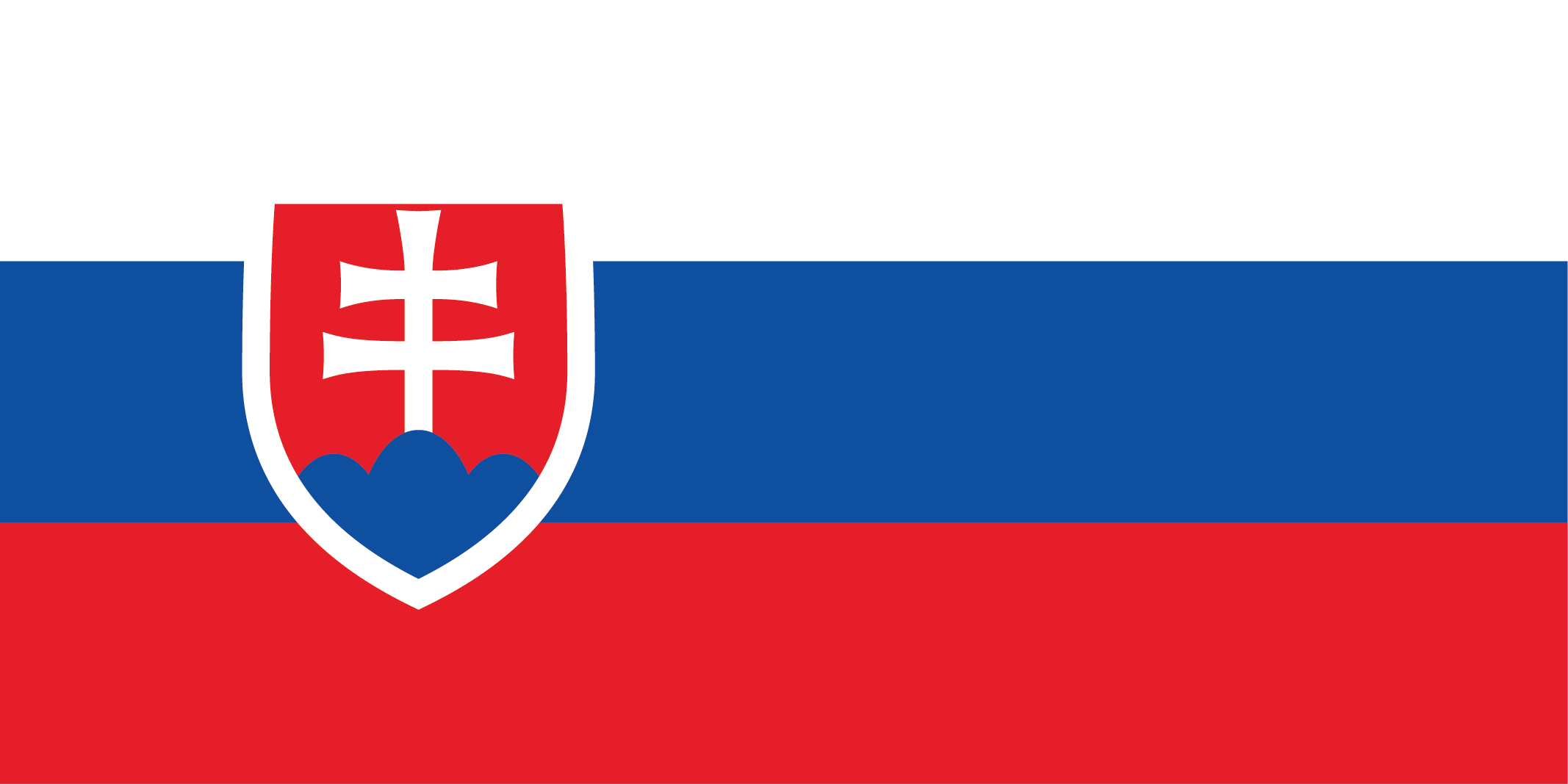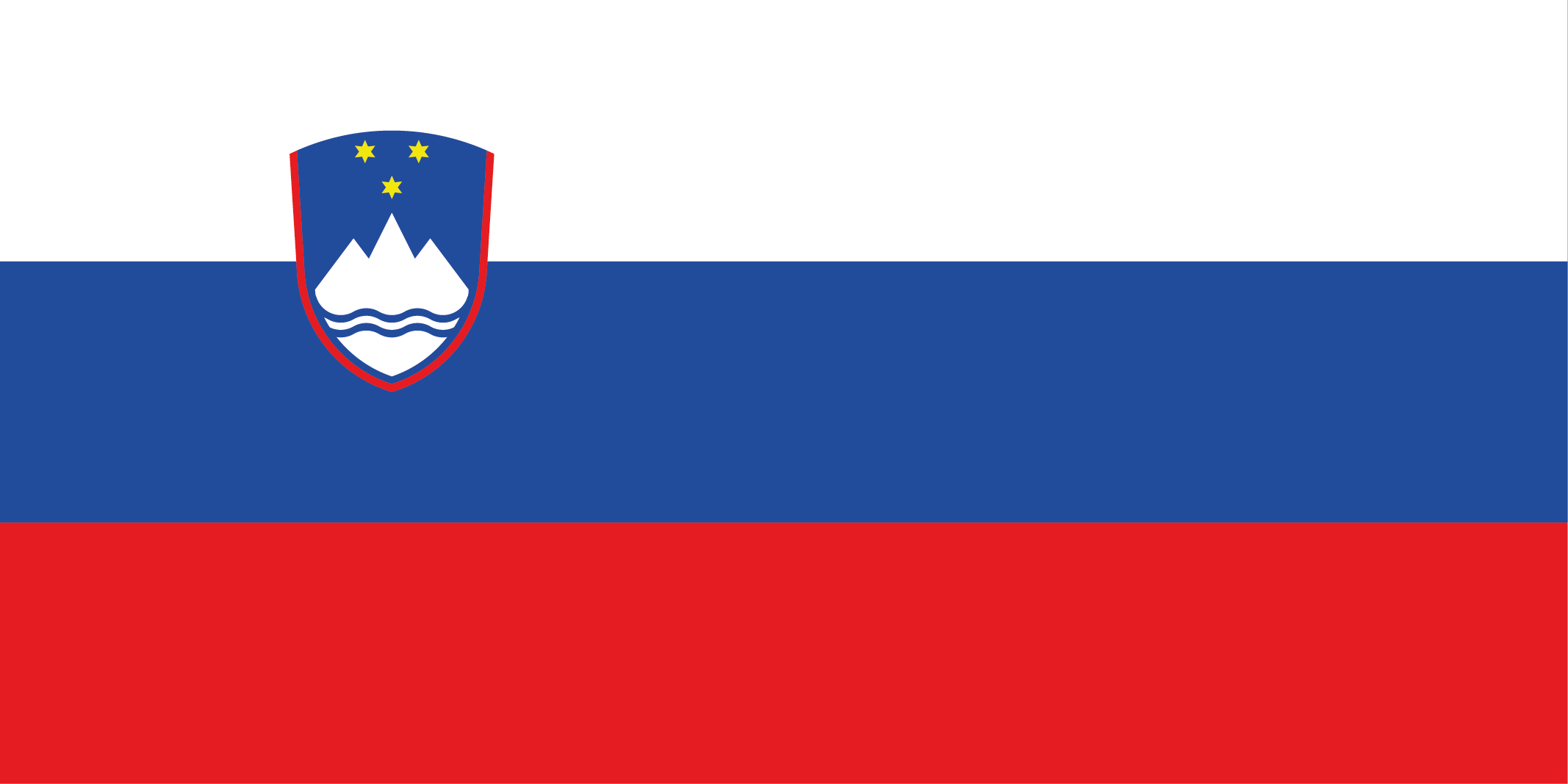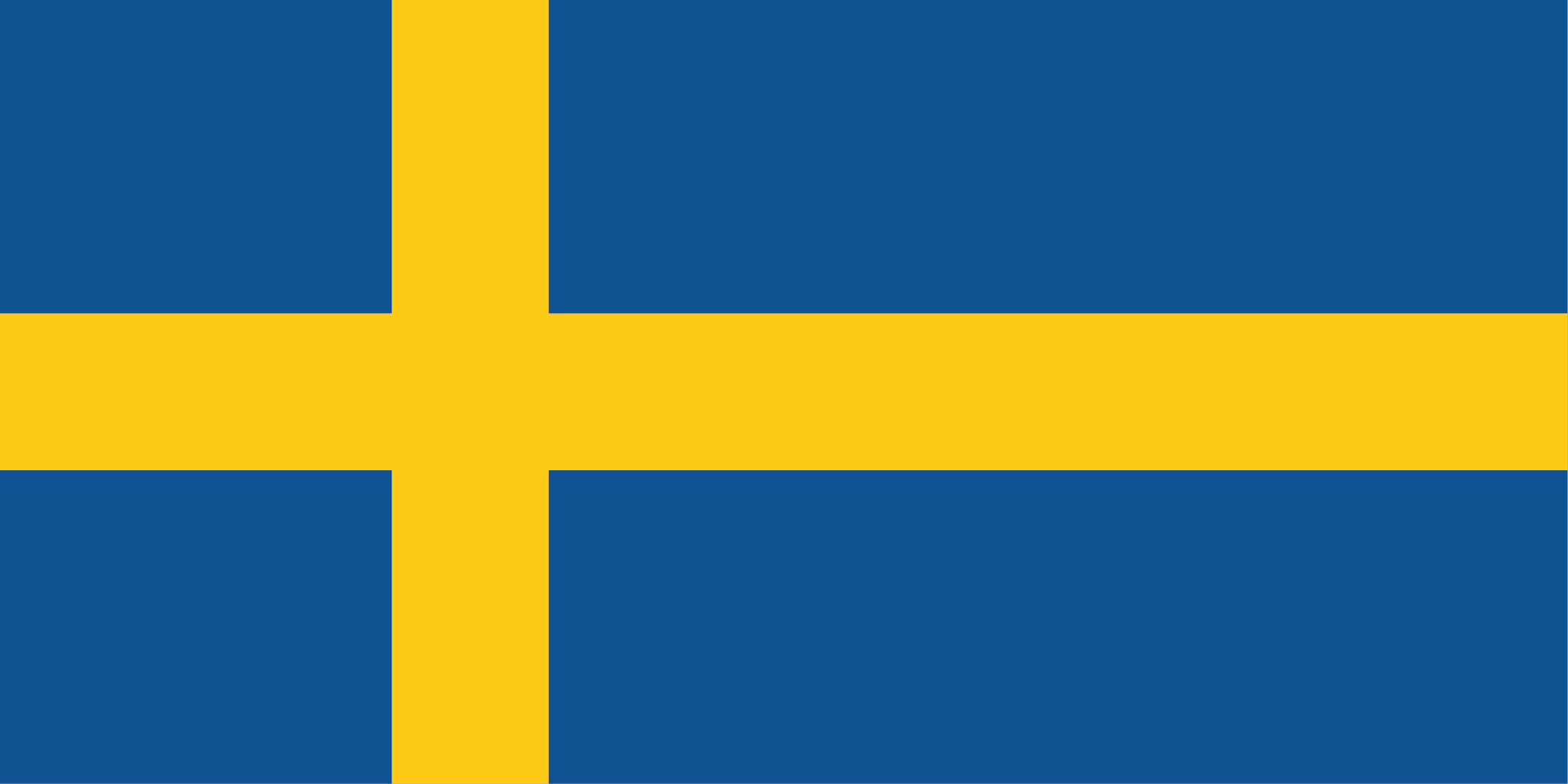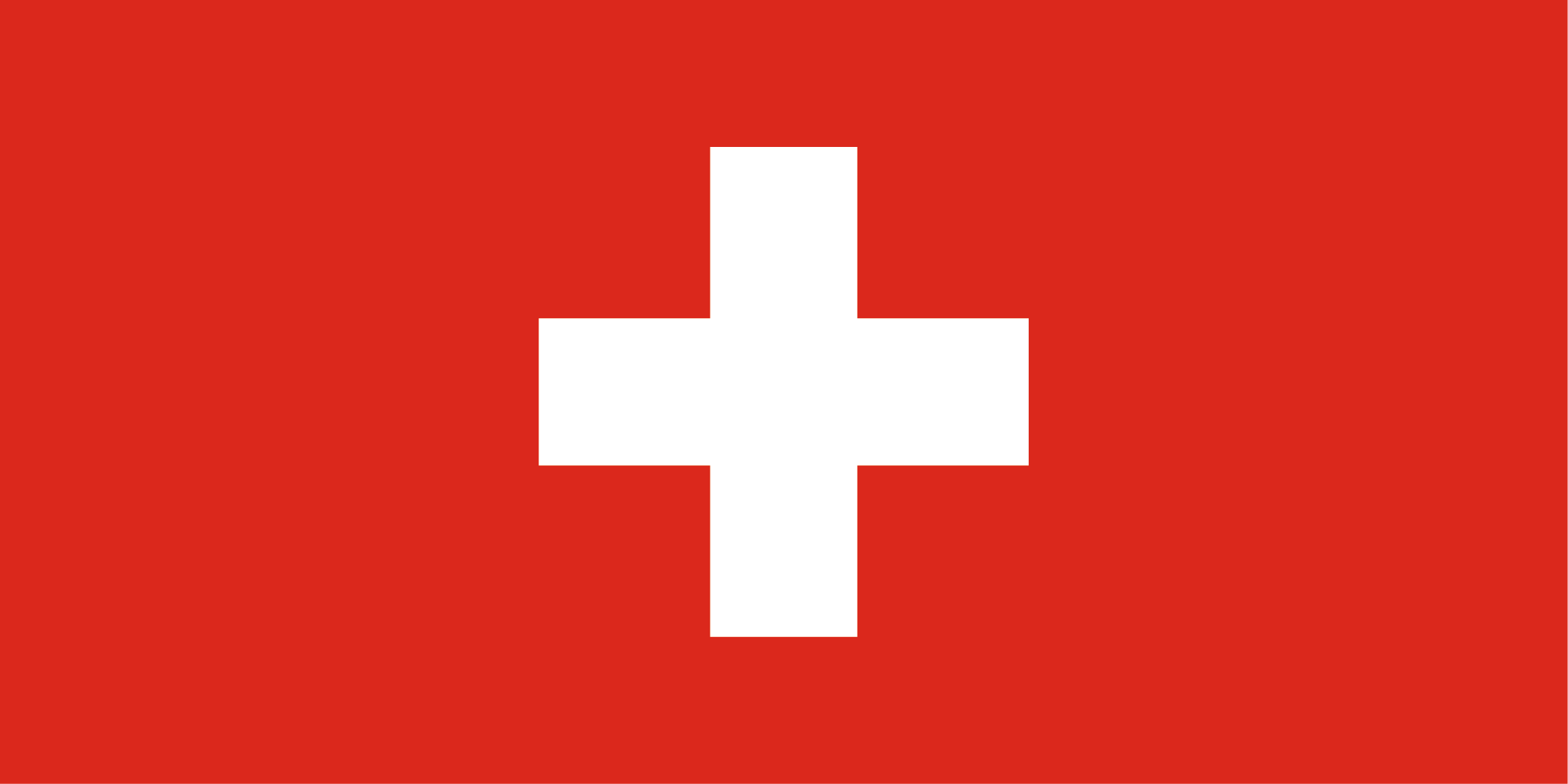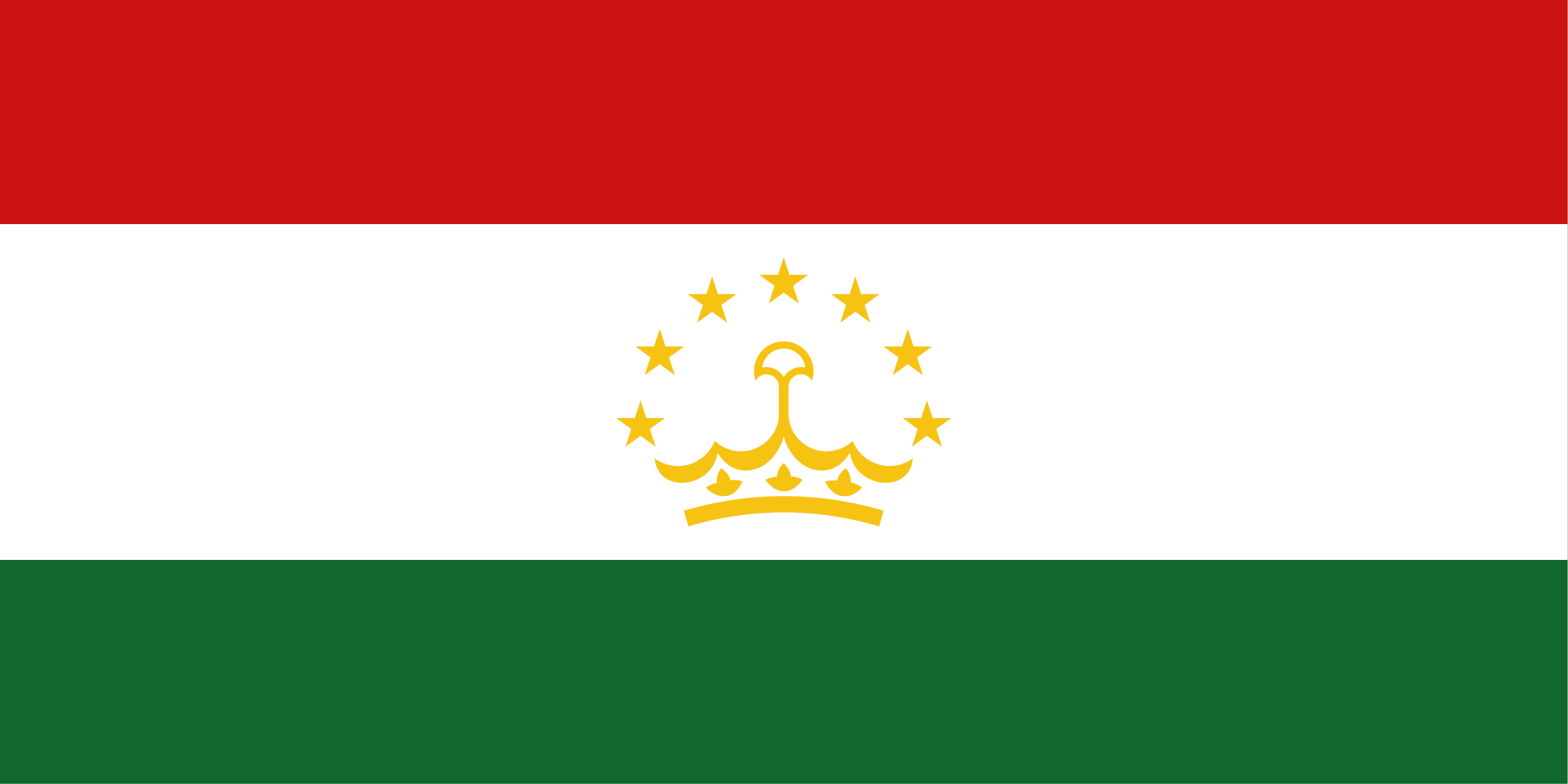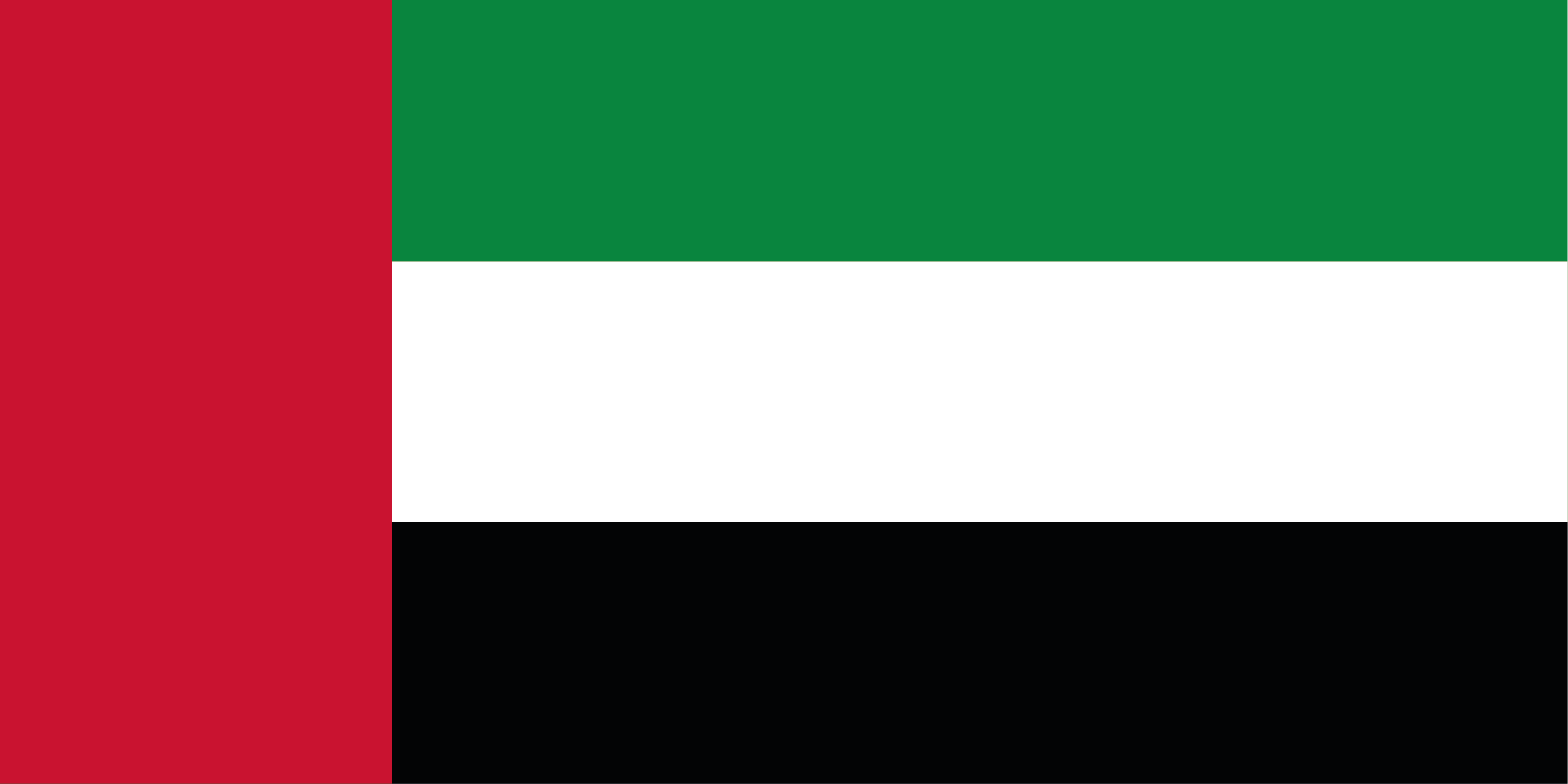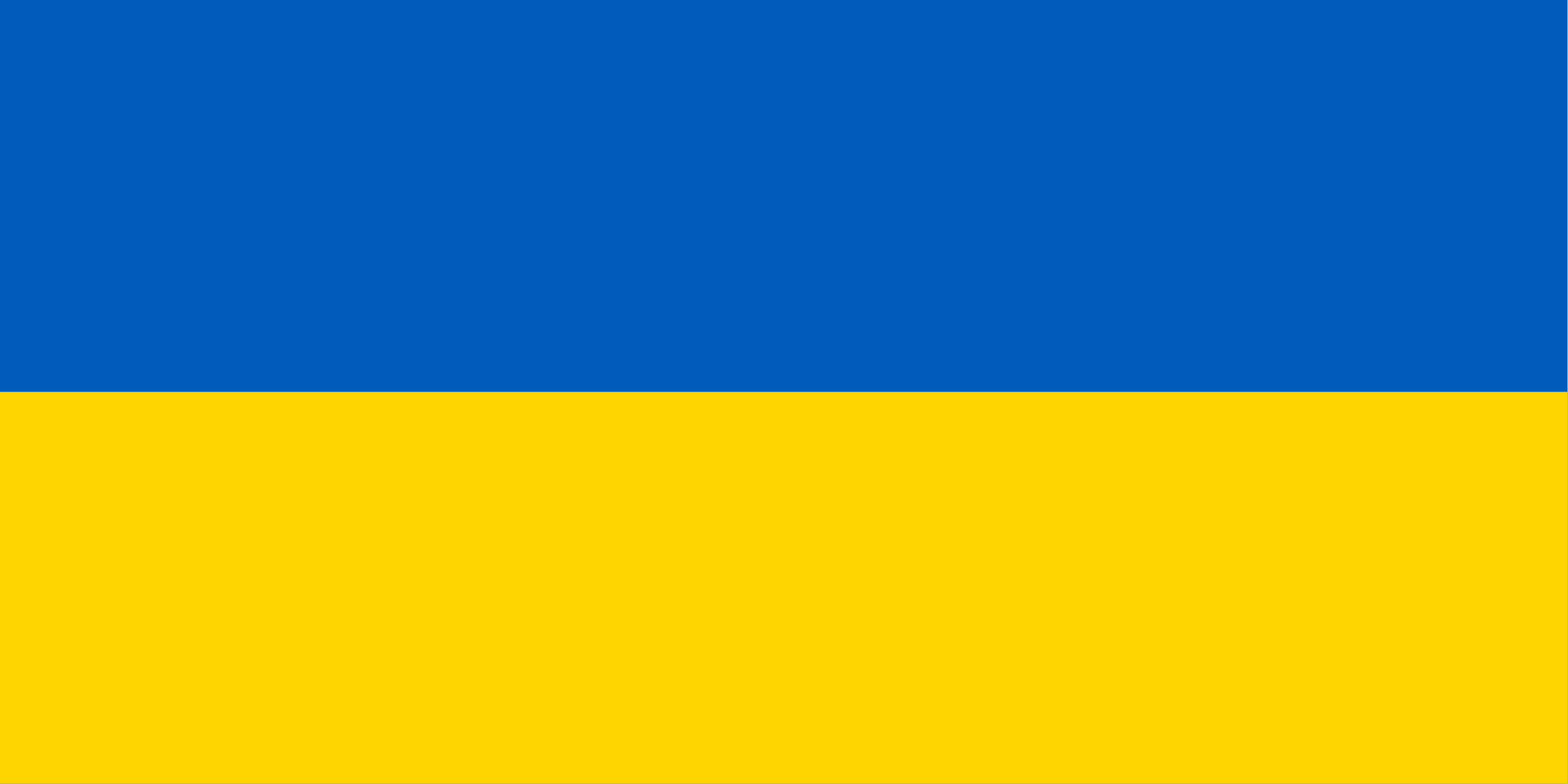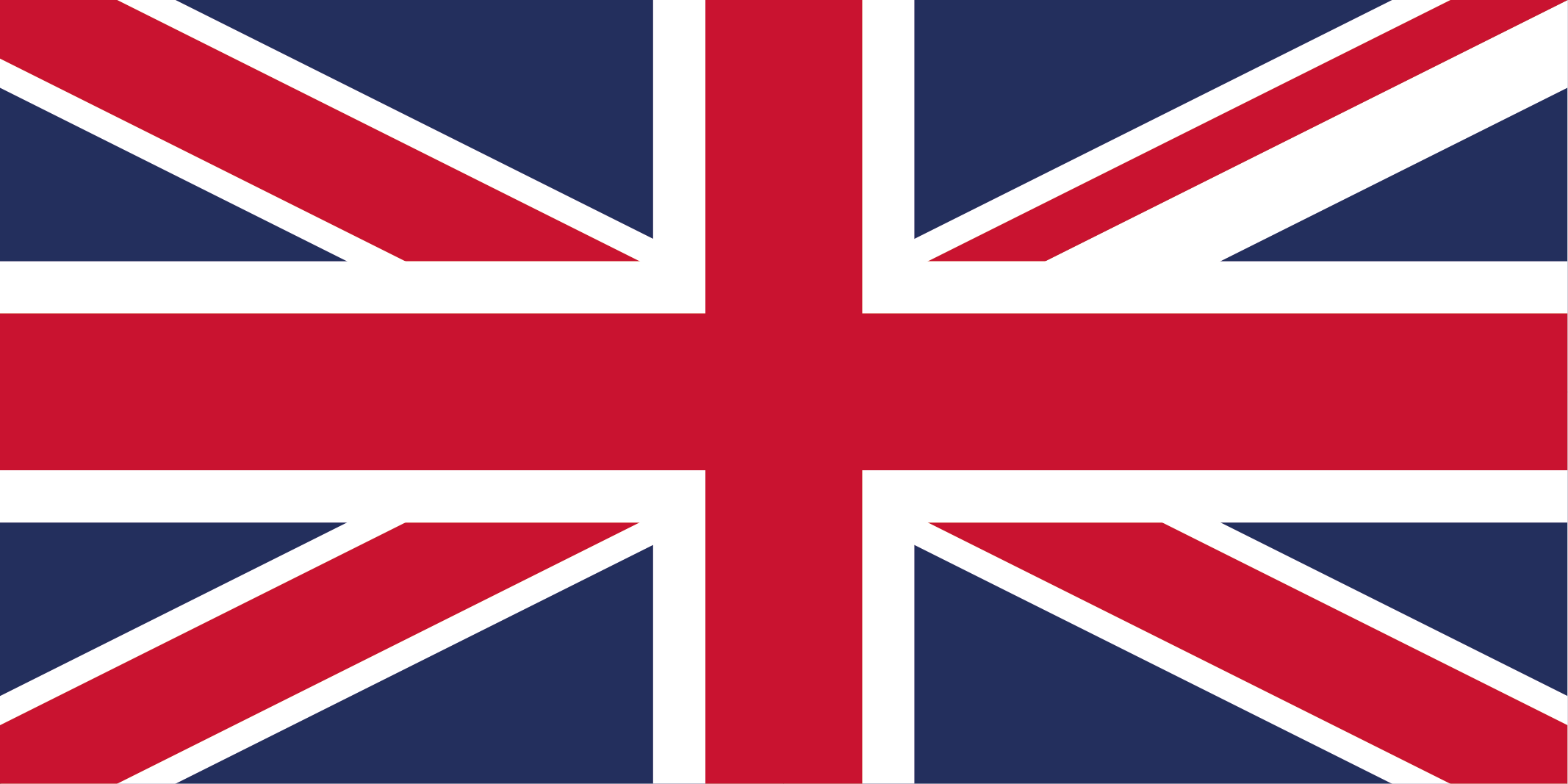Transportation of the Deceased from the Netherlands
Repatriation of the Body After Death Abroad
When a person dies abroad, the family faces not only loss but also the necessity to quickly resolve the issue of returning the body home. The transportation of the deceased from the Netherlands involves strict compliance with both international and local requirements—any violation can lead to delays or complications with documents. Consulting an experienced funeral service helps avoid unnecessary problems and ensures that all stages of transportation are conducted correctly and respectfully, allowing loved ones to focus on farewell.
Why Turn to a Professional Funeral Bureau
Attempting to organize the transportation of the body independently can prove to be an unfeasible task. A competent service has the experience, permits, and knowledge to handle all the paperwork, including the laissez-passer. Moreover, only specialized companies are authorized to deal with international transportation of bodies, providing legal guarantees and necessary conditions for the preservation of remains.
Stages of Transporting the Deceased's Body
Obtaining Necessary Documents
Before transportation begins, a death certificate, a doctor’s or coroner’s report, and permission for the export of the body are obtained. These documents require translation and, if necessary, apostille for validating their legality in another country.
Preparation of the Body and Choice of Transport
Prior to dispatch, the body undergoes sanitation and embalming. It is placed in a hermetically sealed coffin with a zinc lining, complying with international sanitary standards. Transportation is carried out either by hearse or airplane, depending on logistical capabilities and the preferences of the deceased's family.
Transporting an Urn with Ashes: A Simplified Procedure
If the family opts for cremation, transporting the ashes simplifies several formalities. The urn does not require special permission; however, for safety, it is recommended to be tightly sealed. Although strict packaging norms are absent, funeral services ensure the dignified transportation of ashes from abroad.
Documents Required for Repatriation
The basic package includes identification, a death certificate, a cause of death document, and permission for transporting the body. Notarization or apostille may also be required. The funeral bureau takes care of these documents, freeing the family from bureaucratic difficulties.
Farewell Ceremony: At Home or Abroad
Goodbye to the deceased can be arranged either before departure or after the arrival of the body. Depending on the family’s wishes, the ceremony can take place in a morgue, a chapel, or another ceremonial venue. Organizing the funeral part requires coordination with the relevant services and the institution where the burial or cremation will take place.
Features of Transporting a Body from Abroad
- The coffin must be hermetically sealed and resistant to temperature fluctuations.
- In the case of air transport, there may be special packaging and labeling requirements.
- The process takes from several days to a week, depending on the situation.
There may also be delays if the death is subject to investigative actions or requires an expert’s conclusion.
Insurance and Cost Reimbursement
Some insurance policies cover body transportation, including the services of a funeral bureau and logistics. It is important to clarify details in advance with the insurance company. If there is no coverage, the relatives bear the costs as mandated by law.
Frequently Asked Questions
Can I organize transportation myself?
Technically—no. It requires licenses, experience, and access to sanitary transportation. It is much more reliable to entrust everything to a specialized service.
How long does it take to deliver the body?
The timeframes depend on the speed of document processing, transport choices, and interactions with institutions. On average—from 5 to 9 working days.
What should I do in the event of an unexpected death abroad?
Contact a funeral bureau, provide them with the deceased’s information, and specialists will begin processing all the necessary procedures. Meanwhile, the family can focus on saying goodbye and internal recovery.
Why Choose Us
Our reputation, international permits, and years of experience allow us to act confidently in any circumstances. An individual approach, a personal curator, and complete transparency make the repatriation process as understandable and manageable as possible for the deceased's family.
Conclusion
The transportation of the deceased from the Netherlands is a complex process that requires strict adherence to rules and procedures. By turning to professionals, you receive not only quality funeral services but also psychological support during a difficult period. We treat each case with care and help to honor the deceased with respect and compassion.






